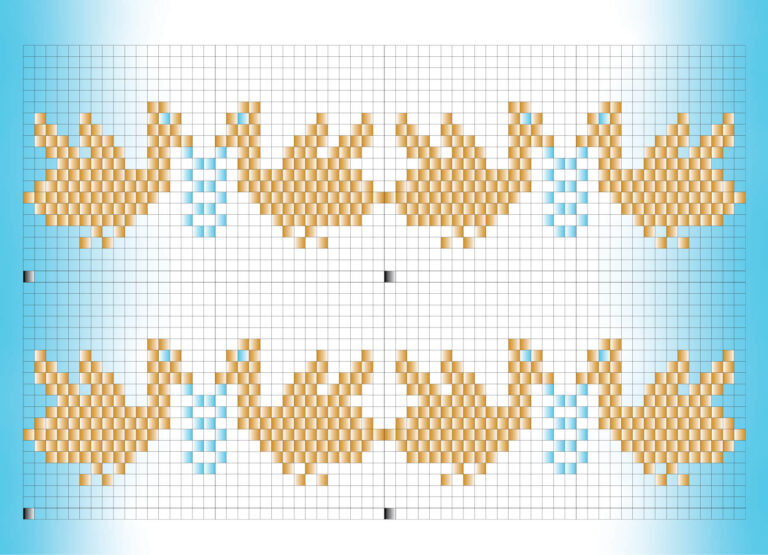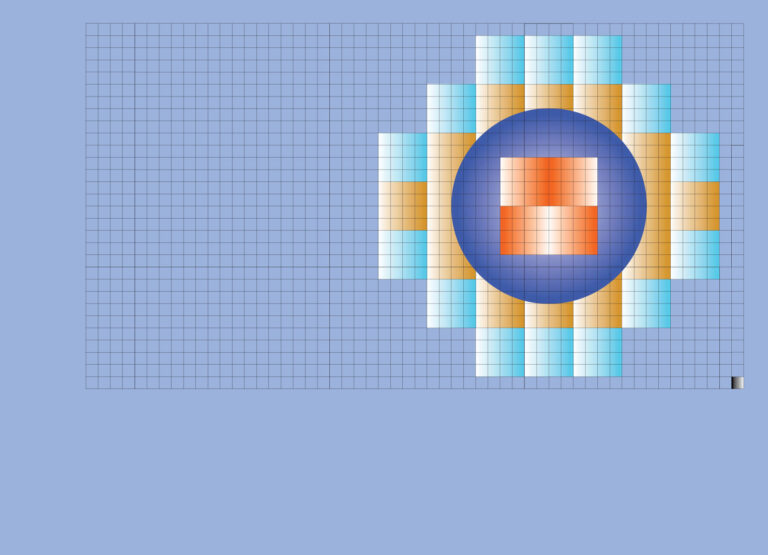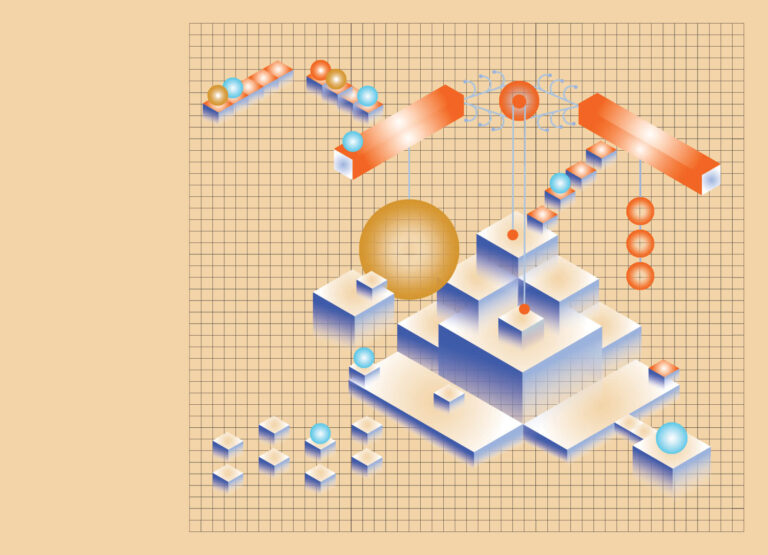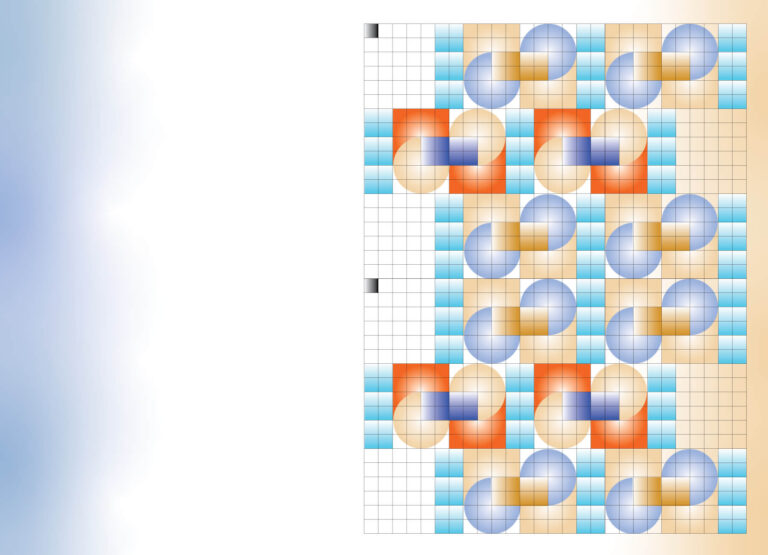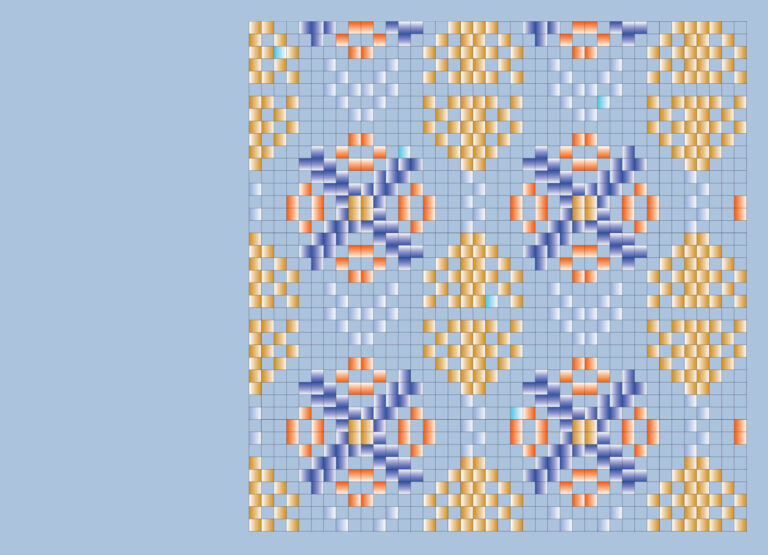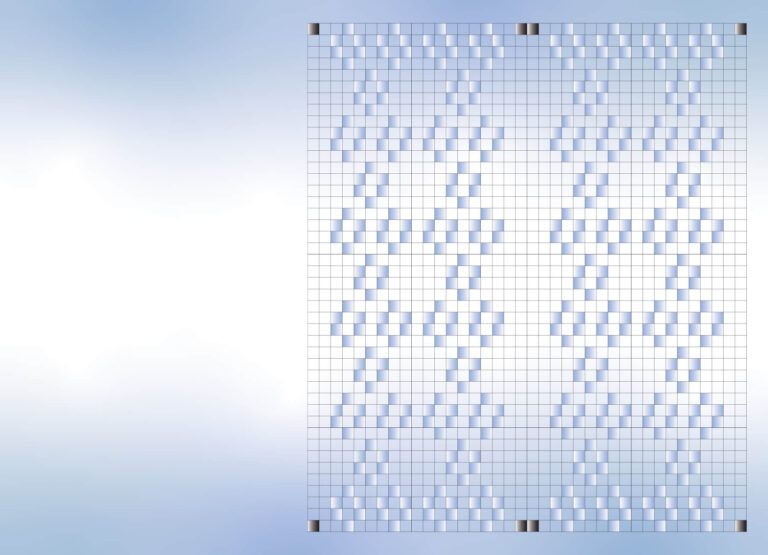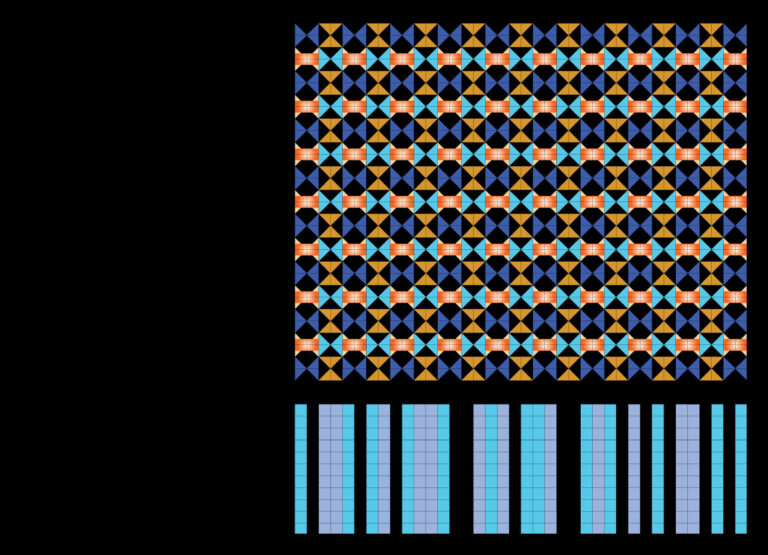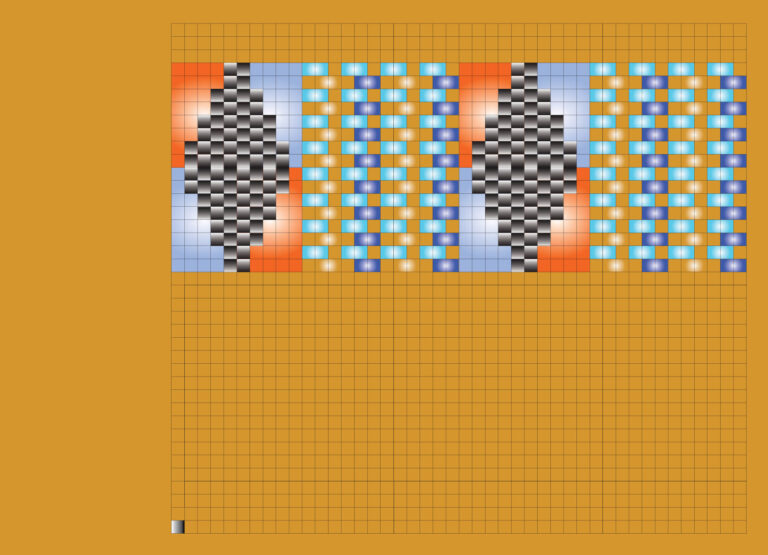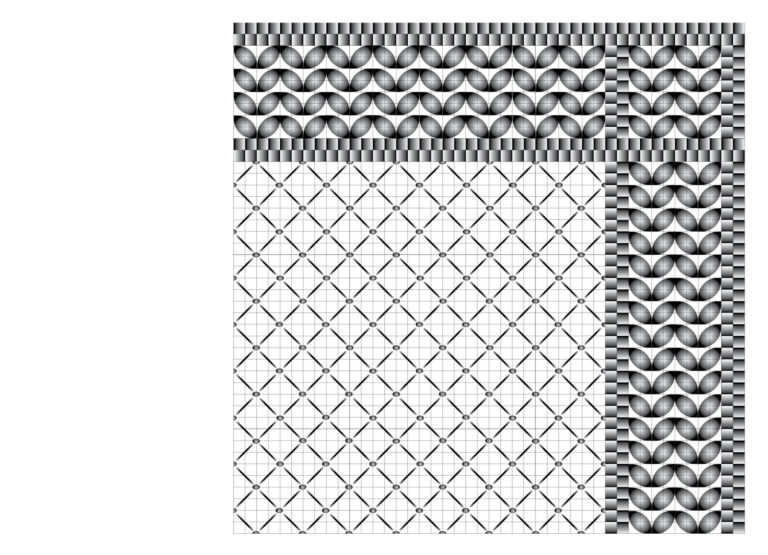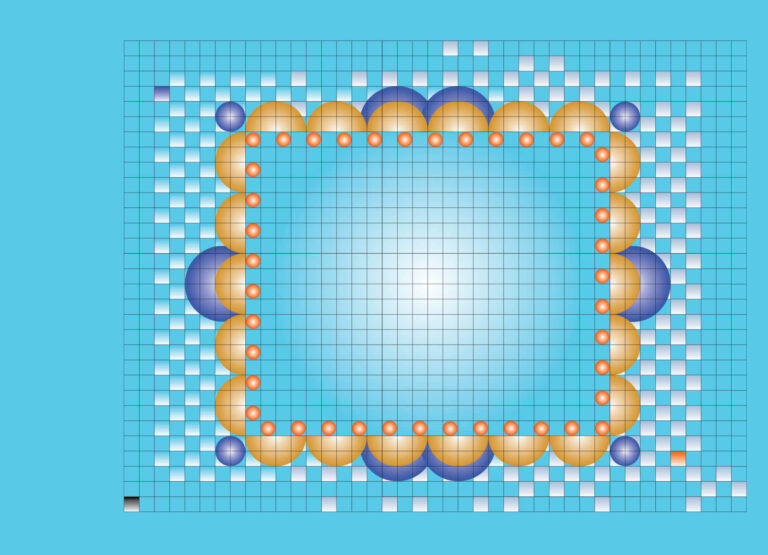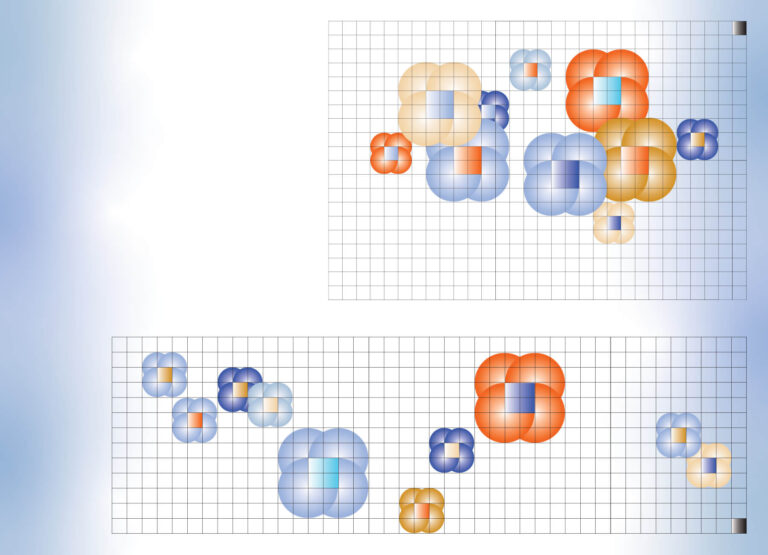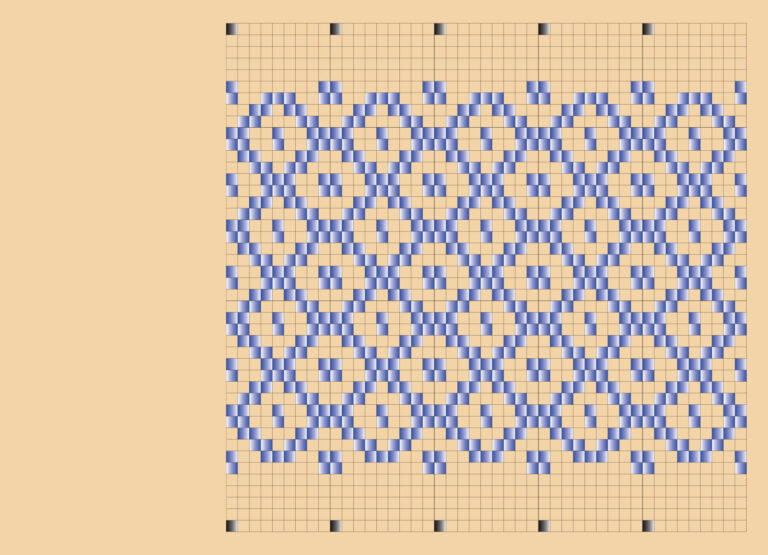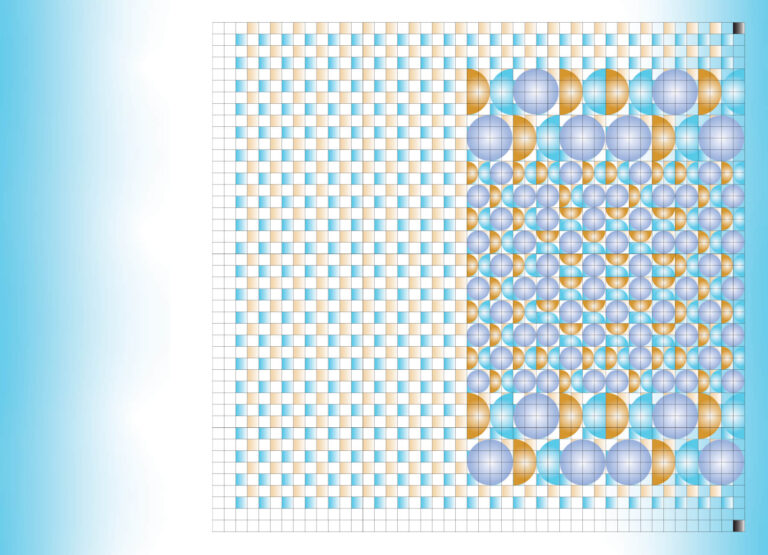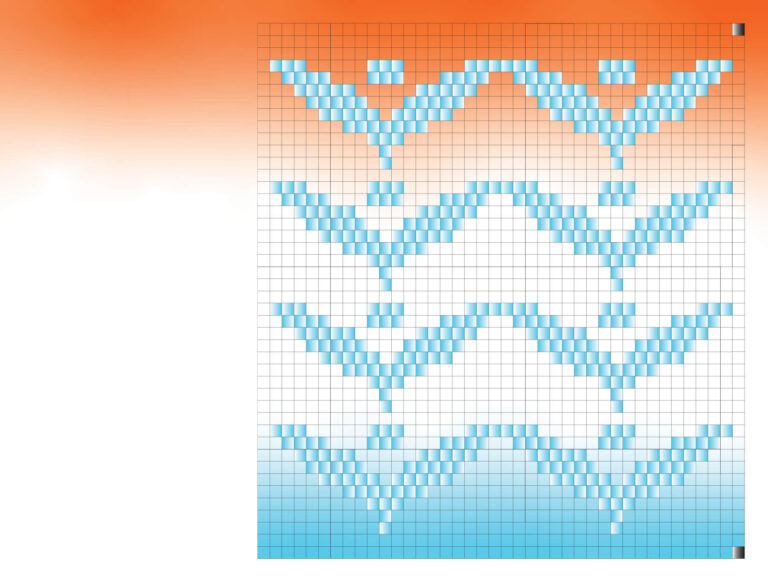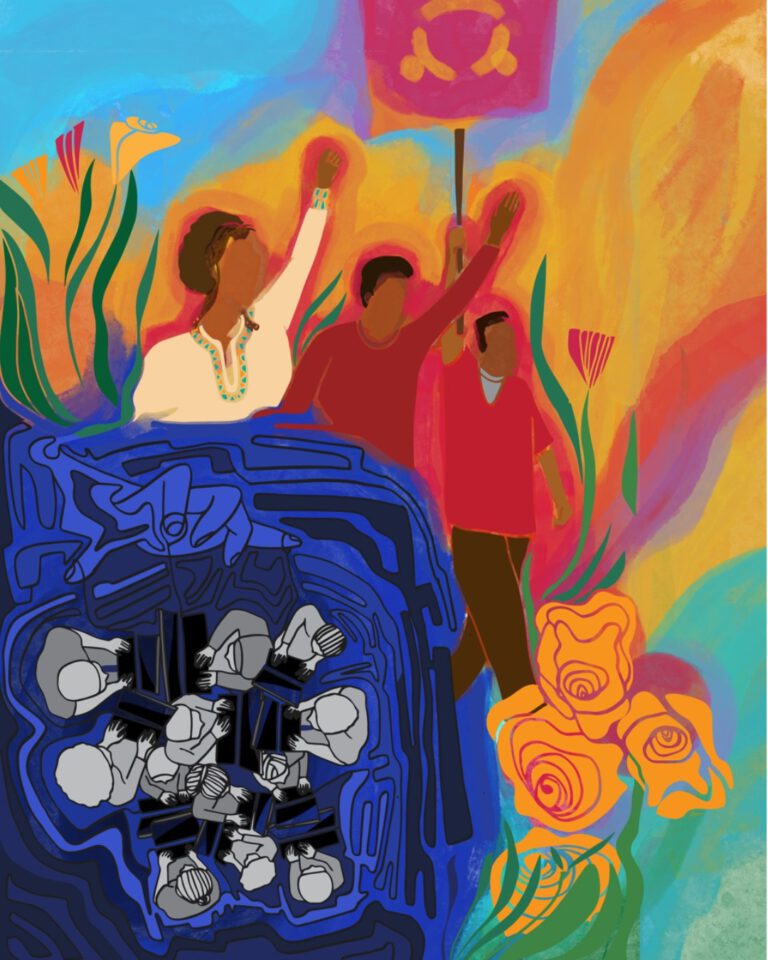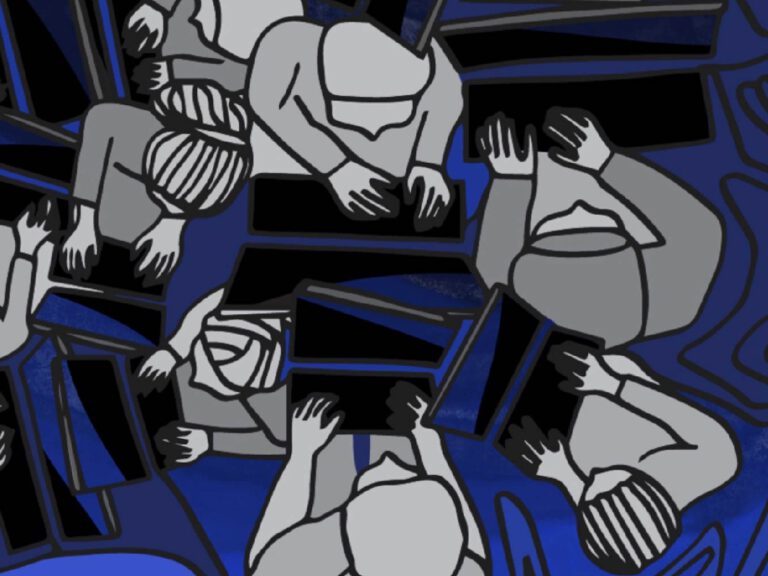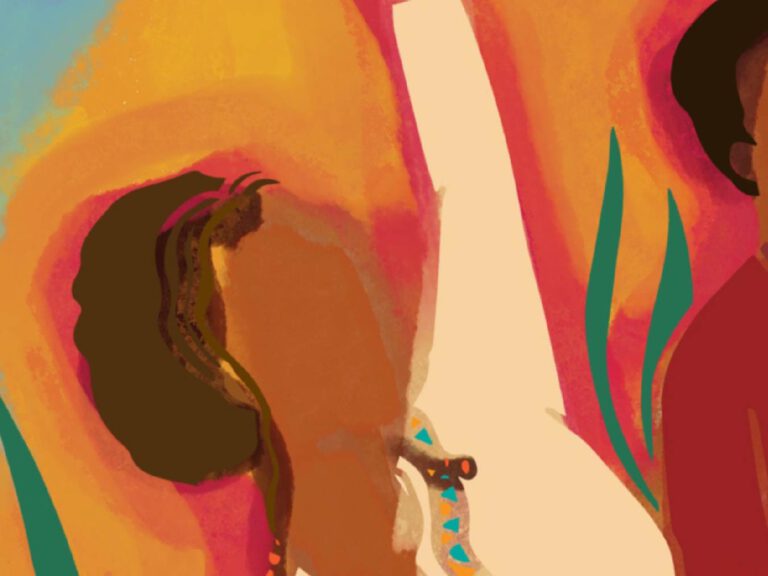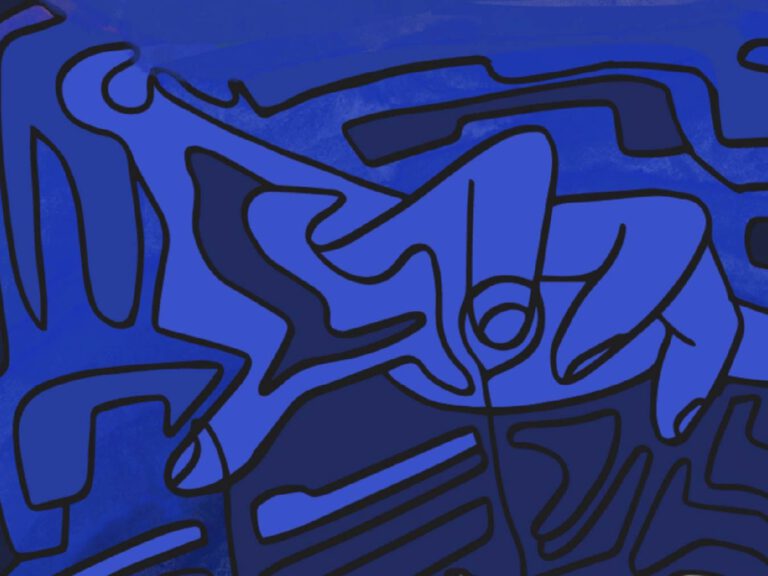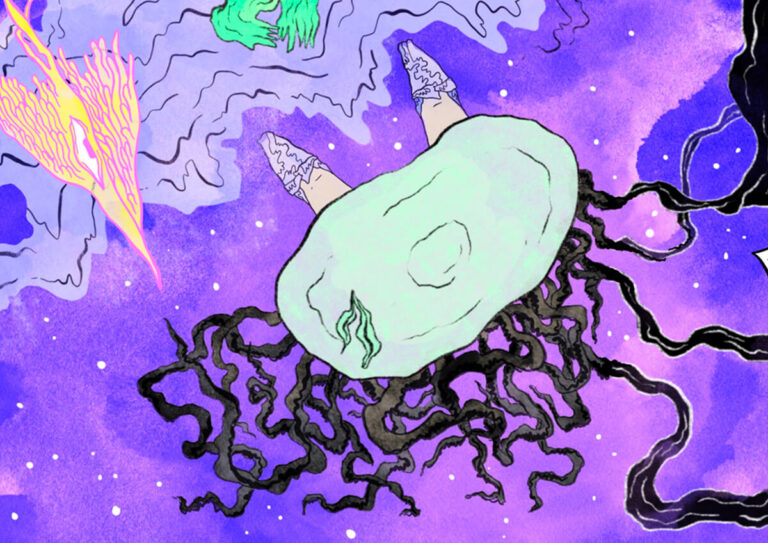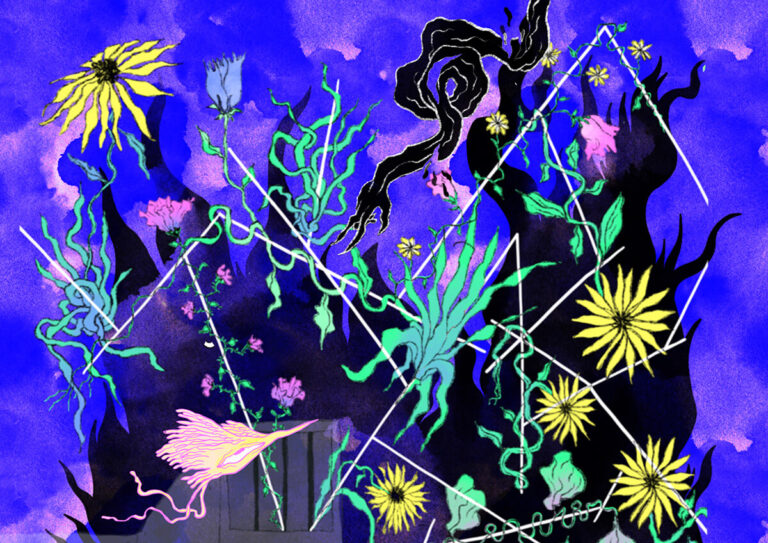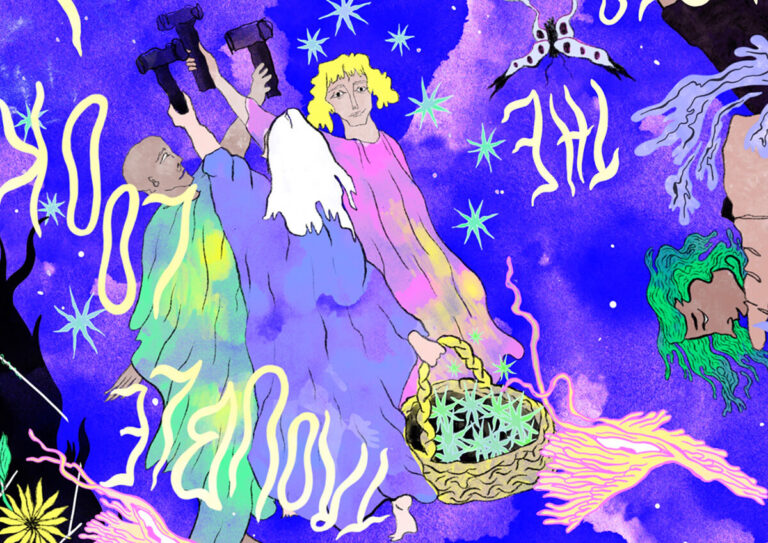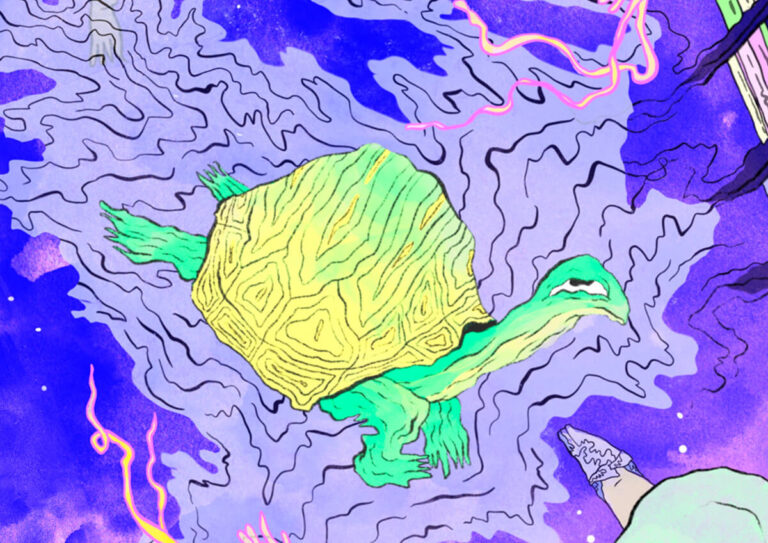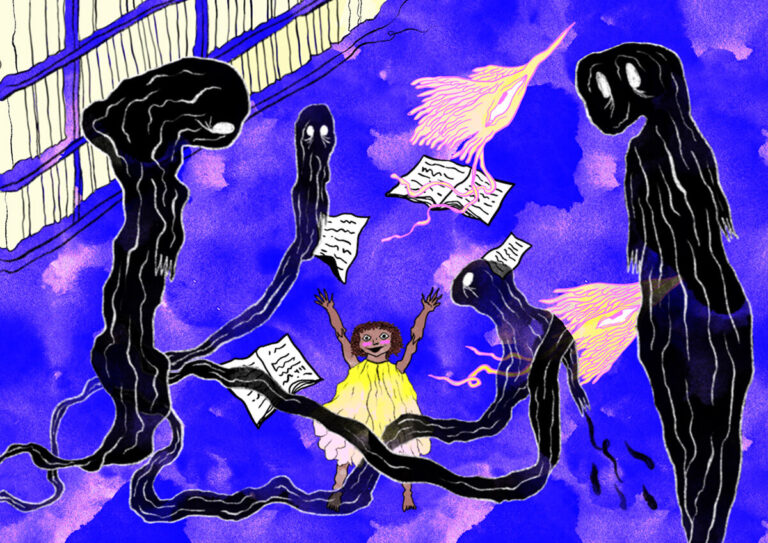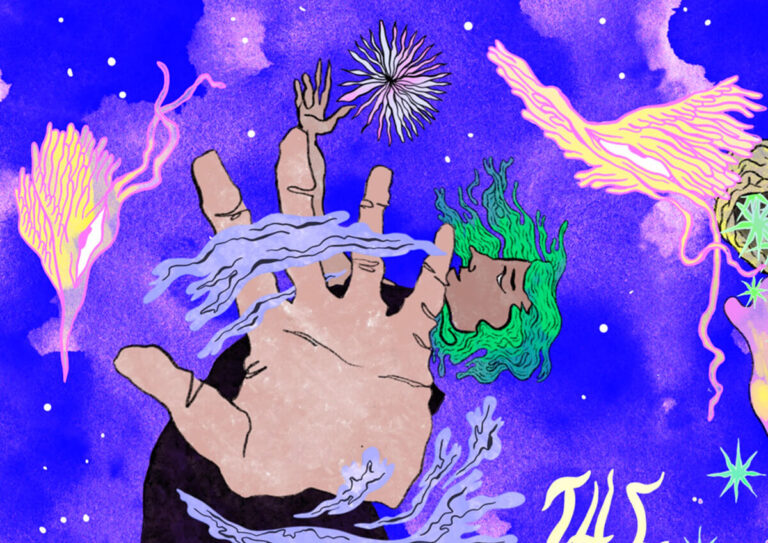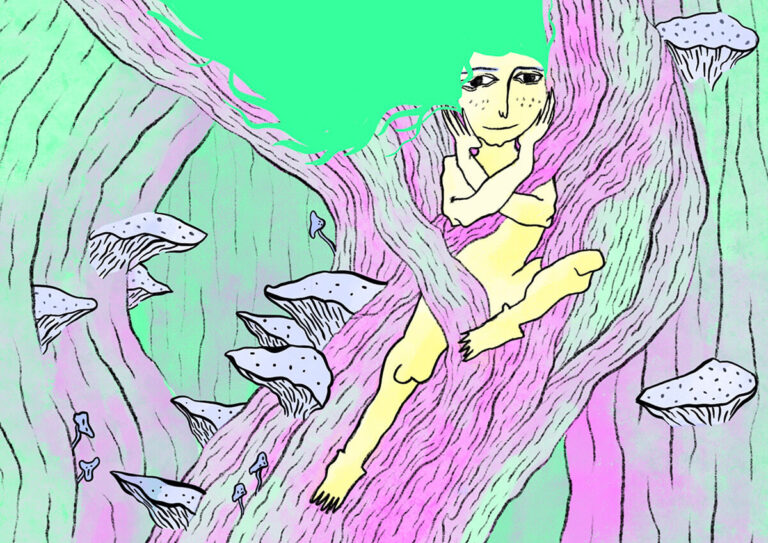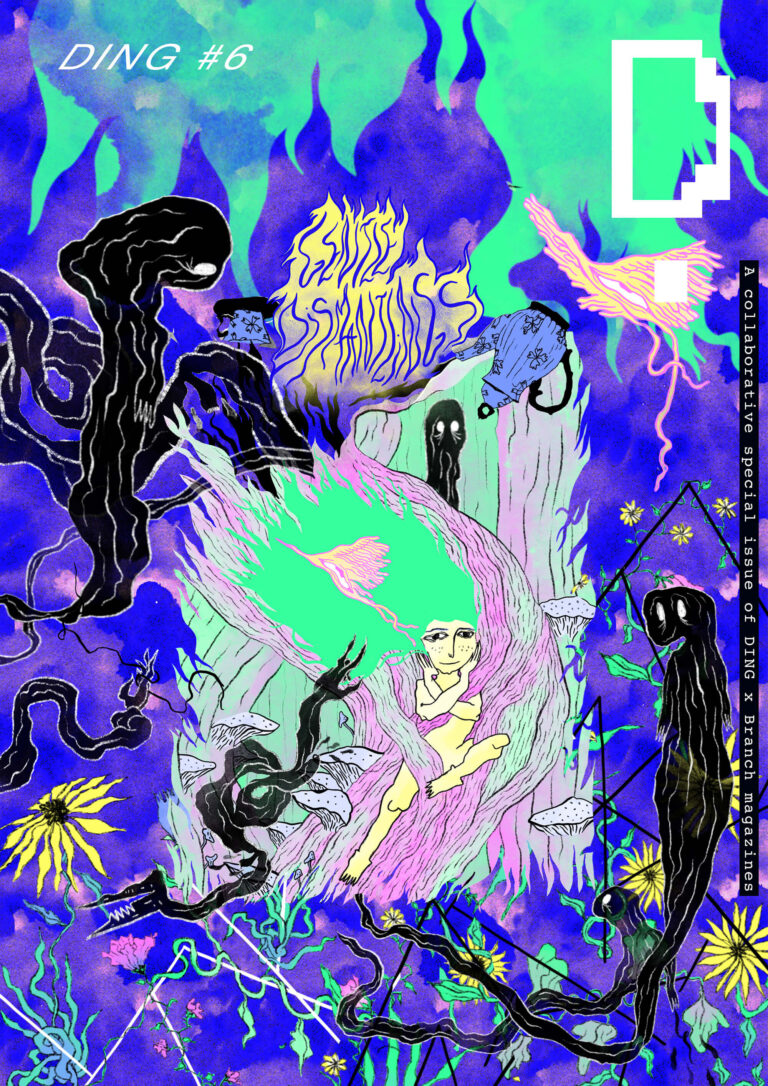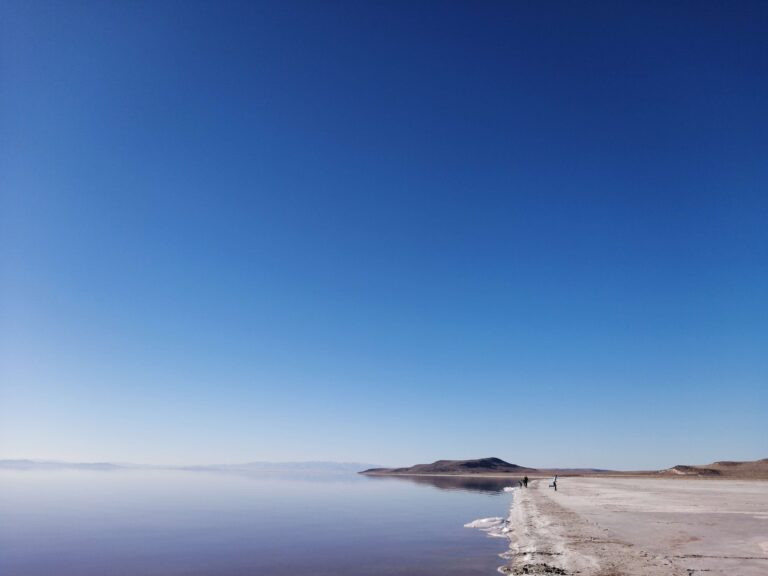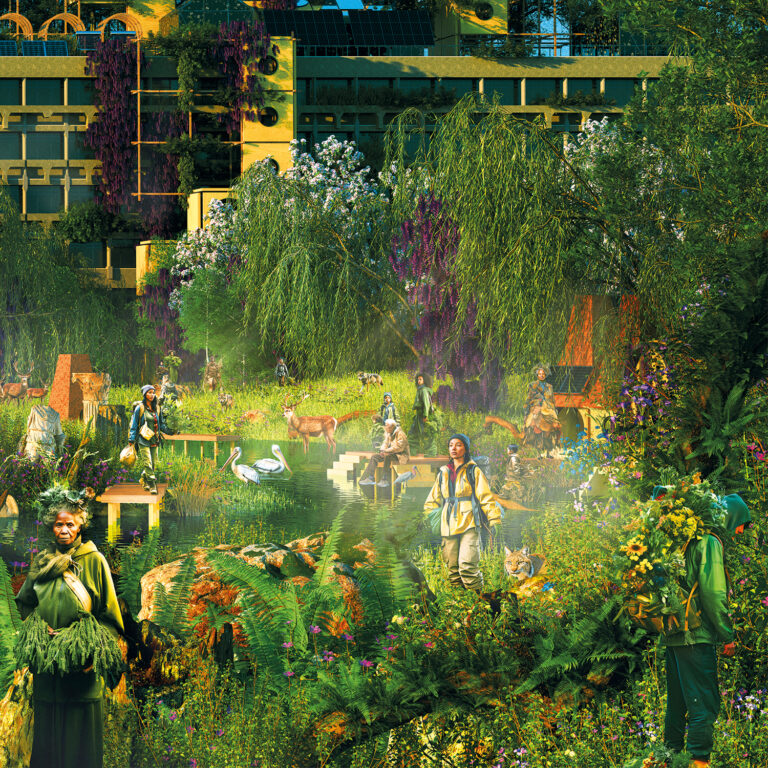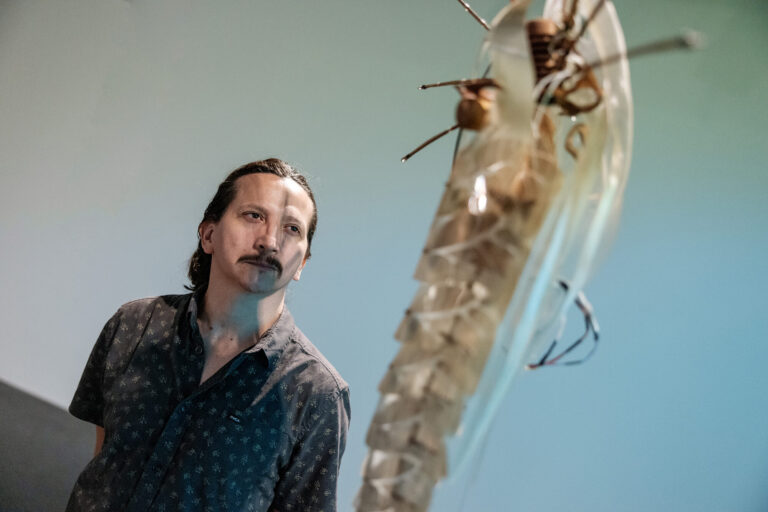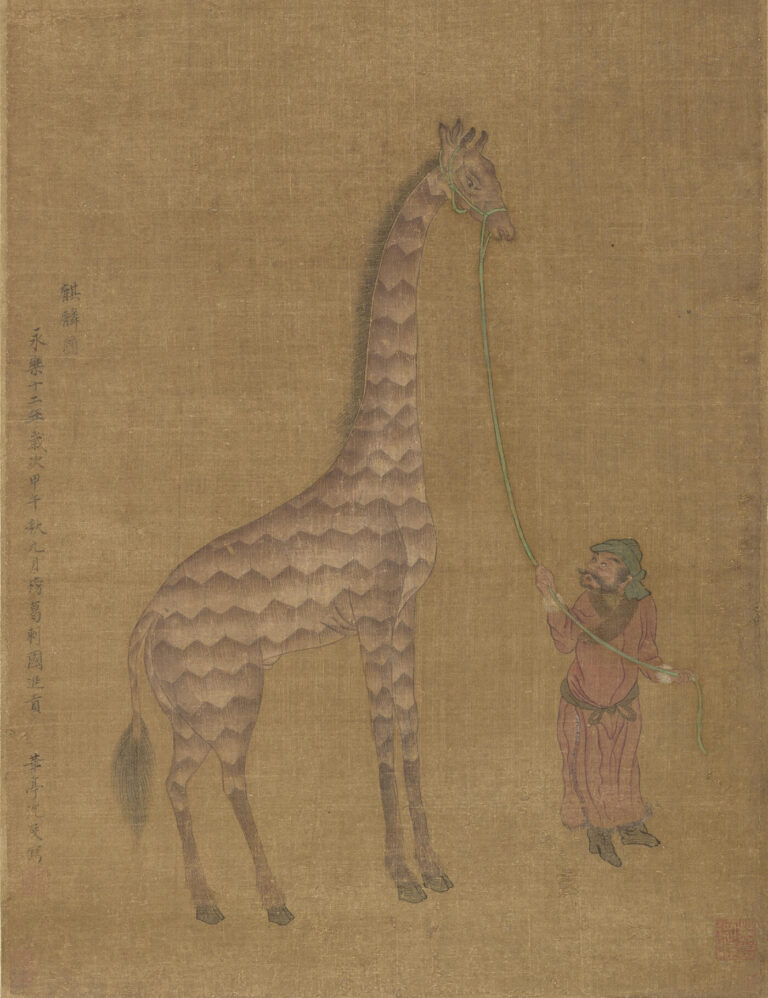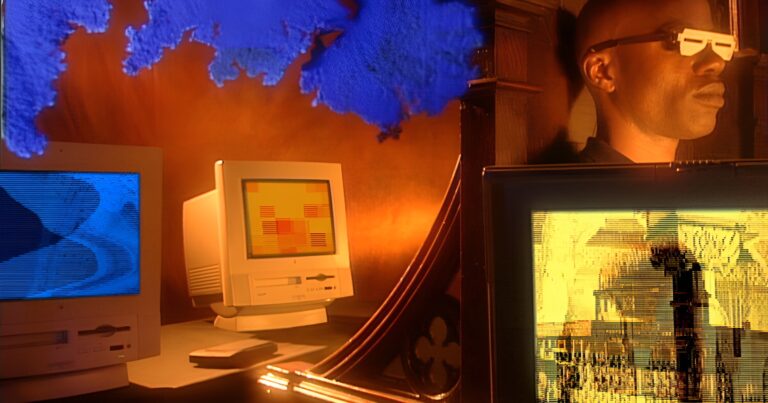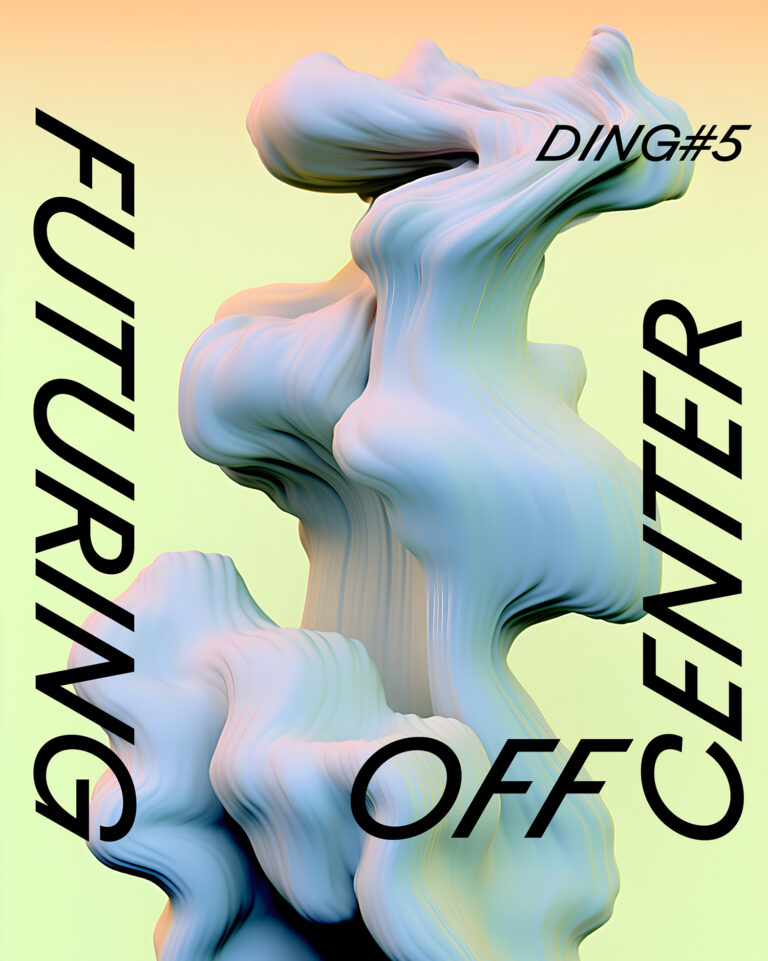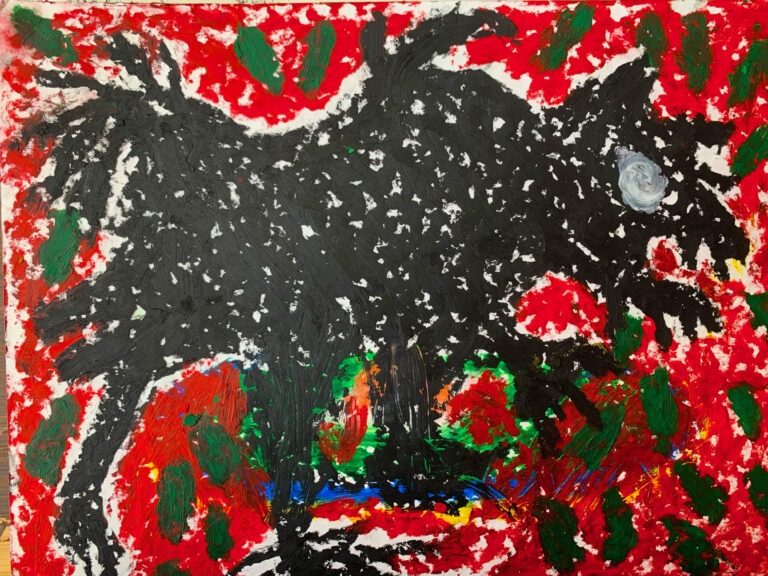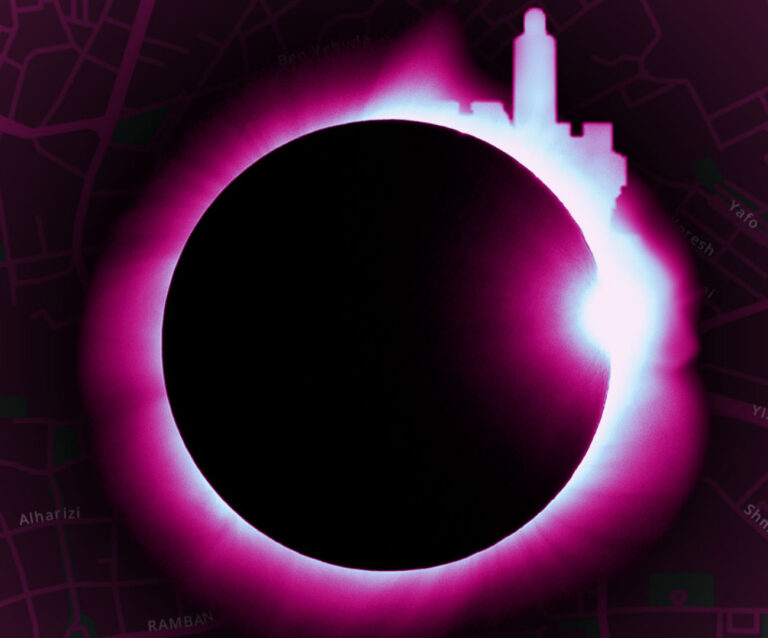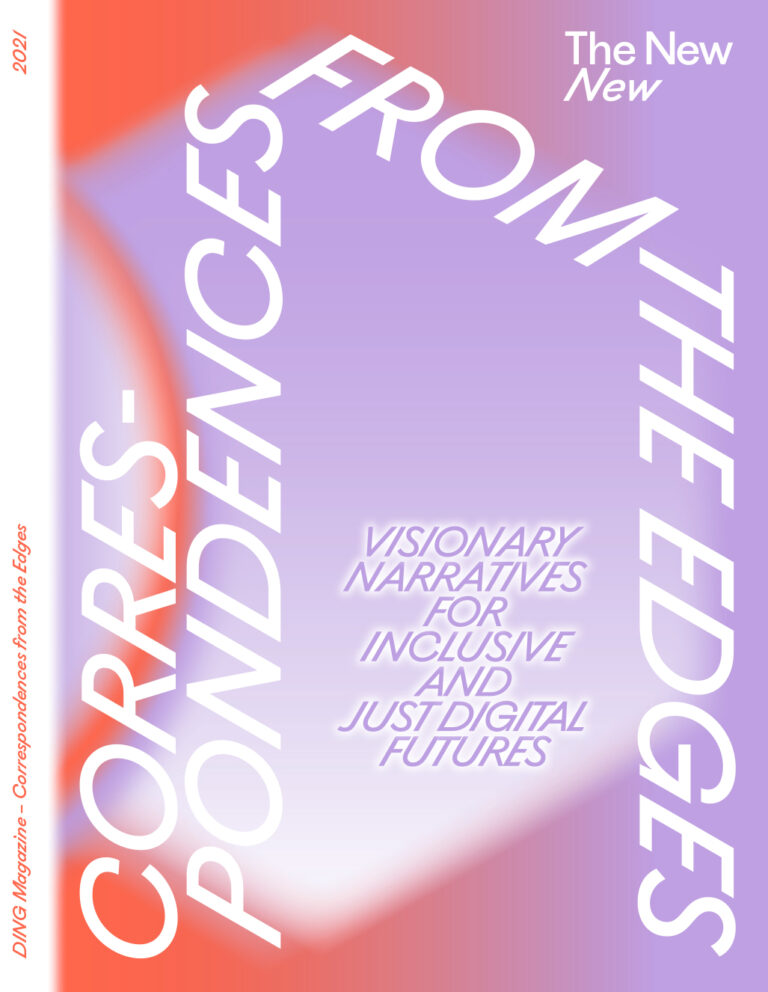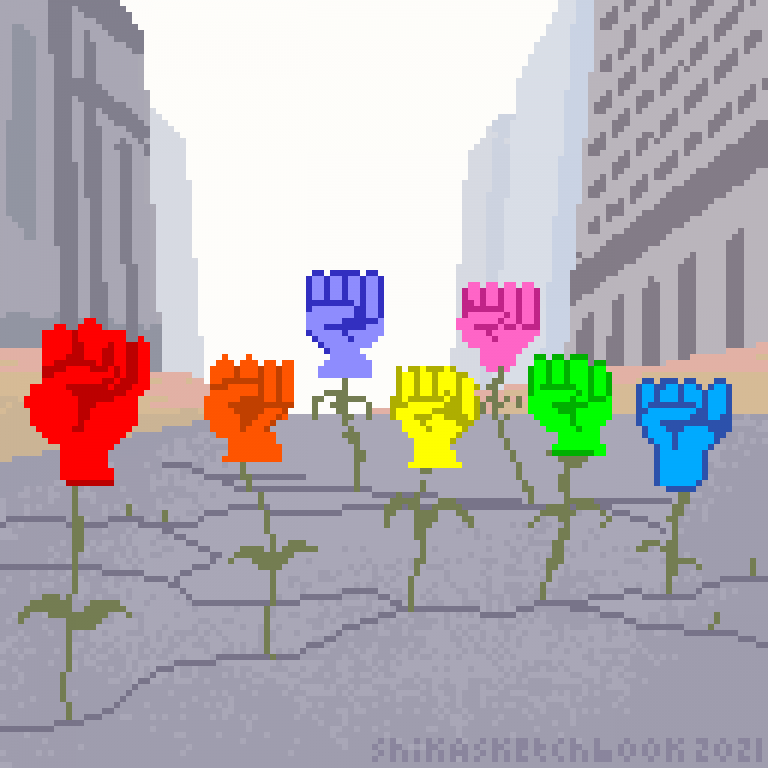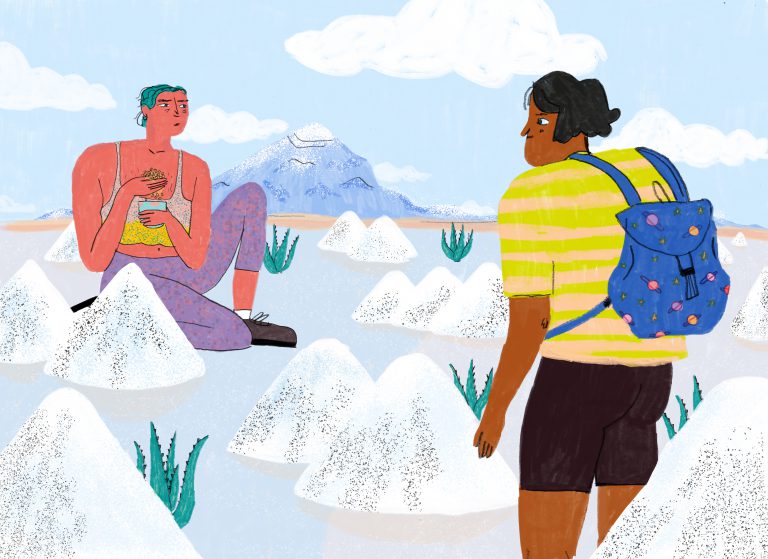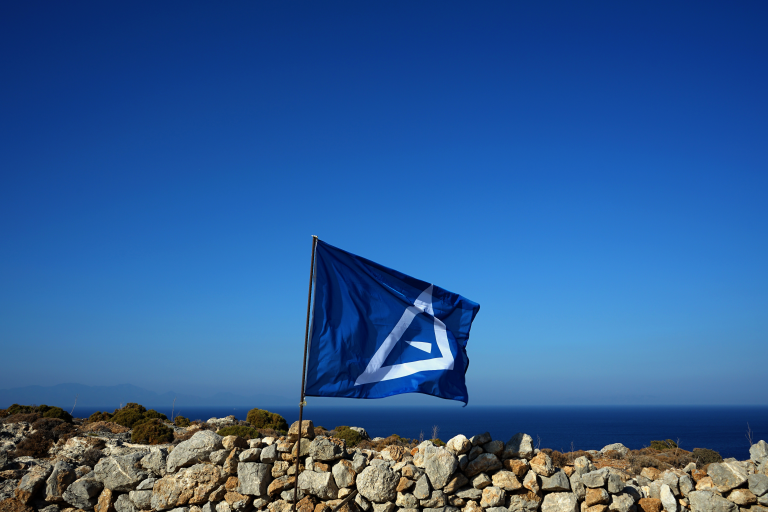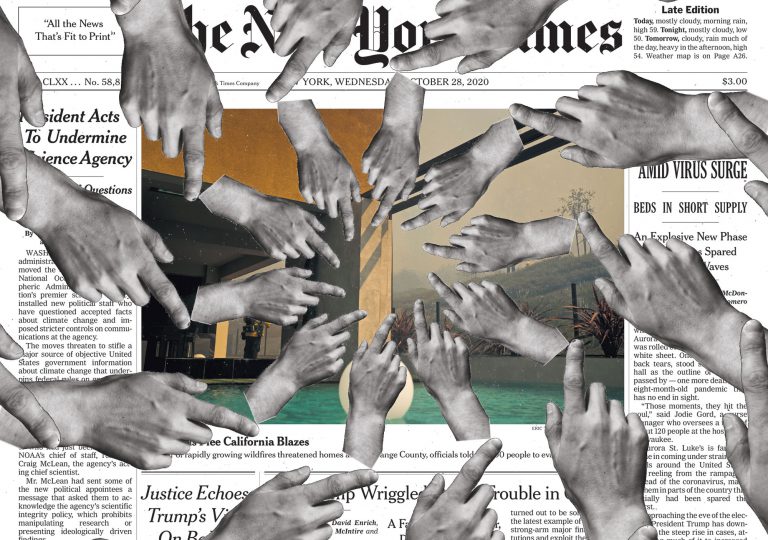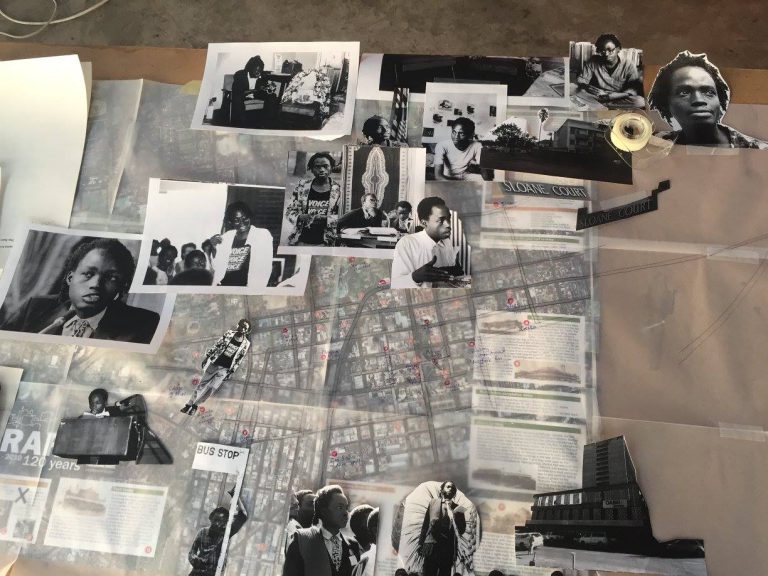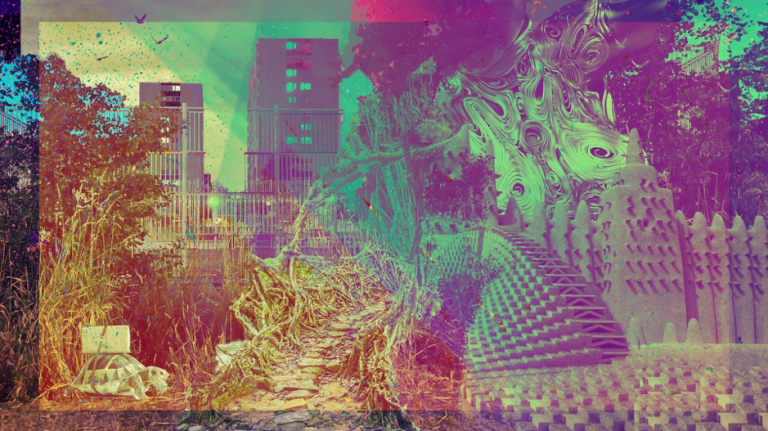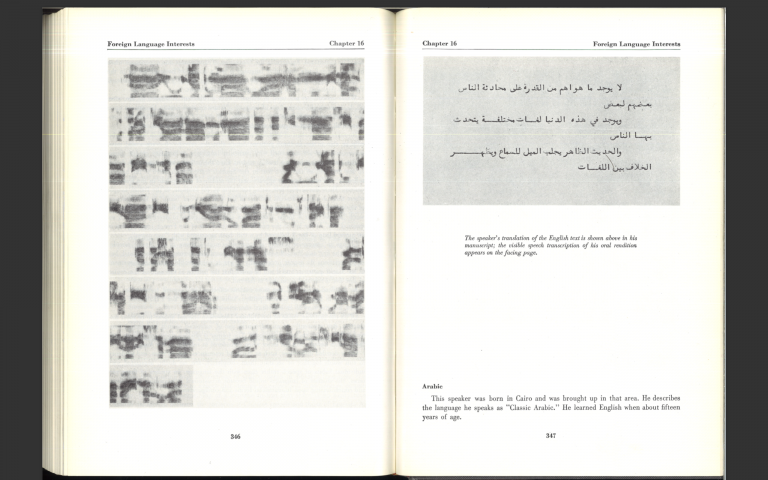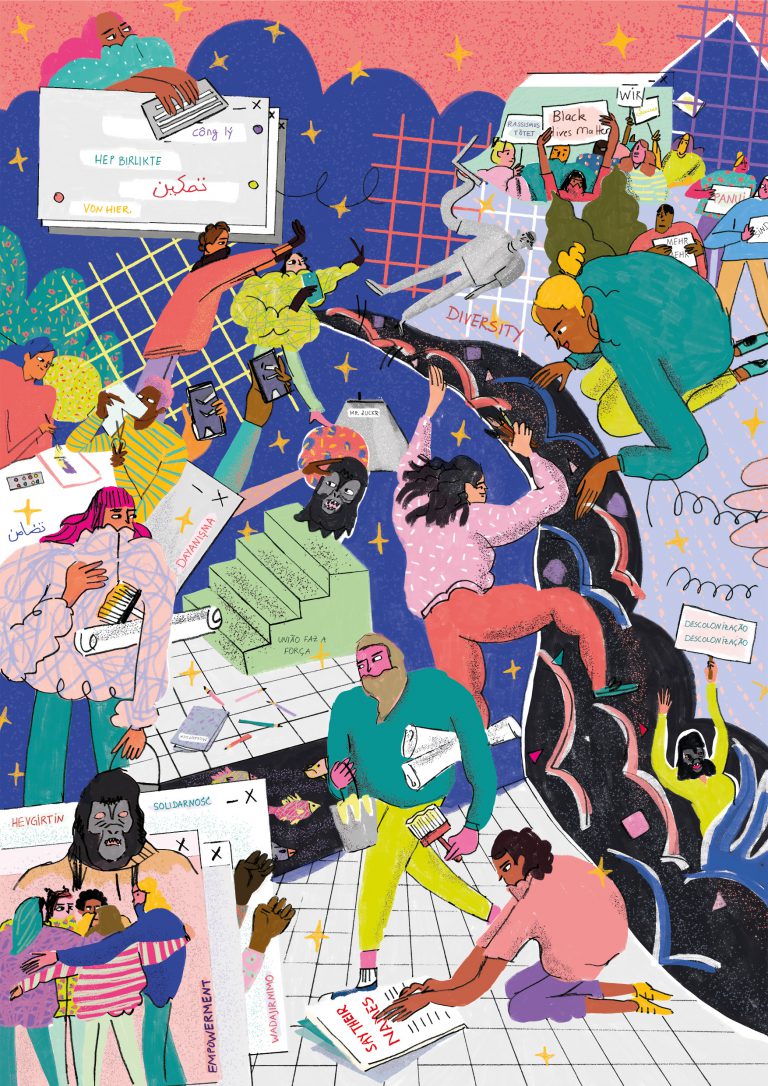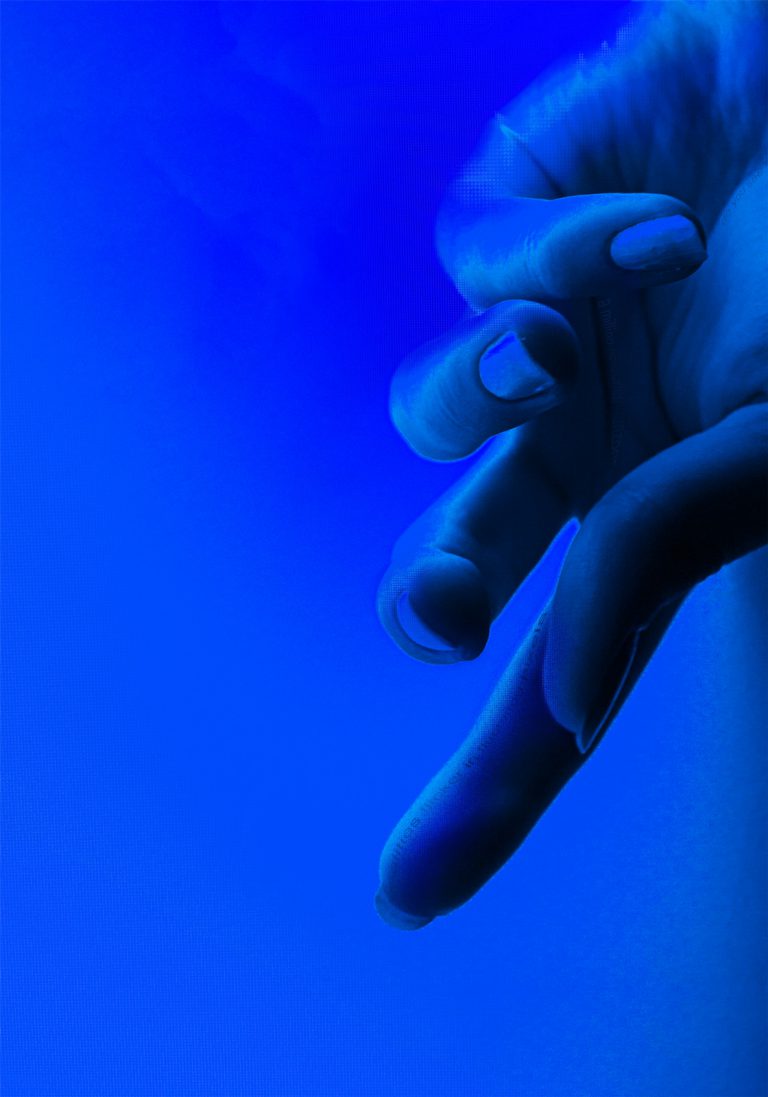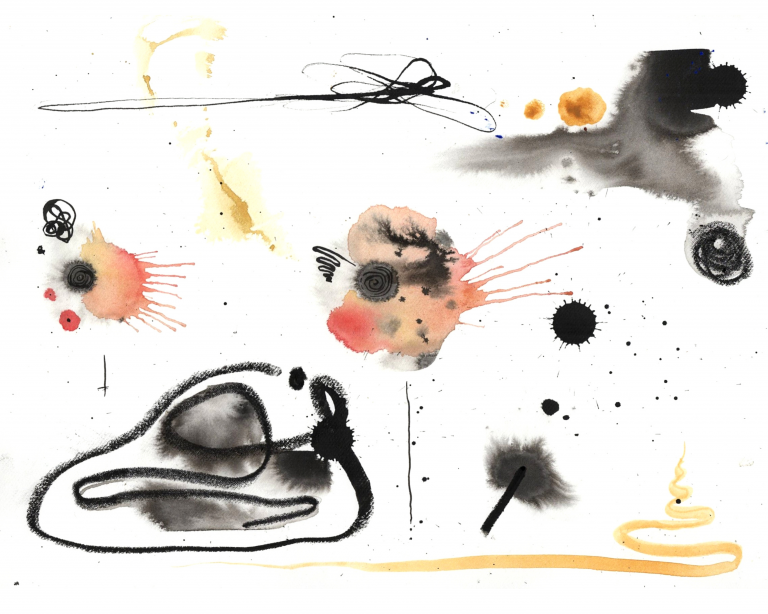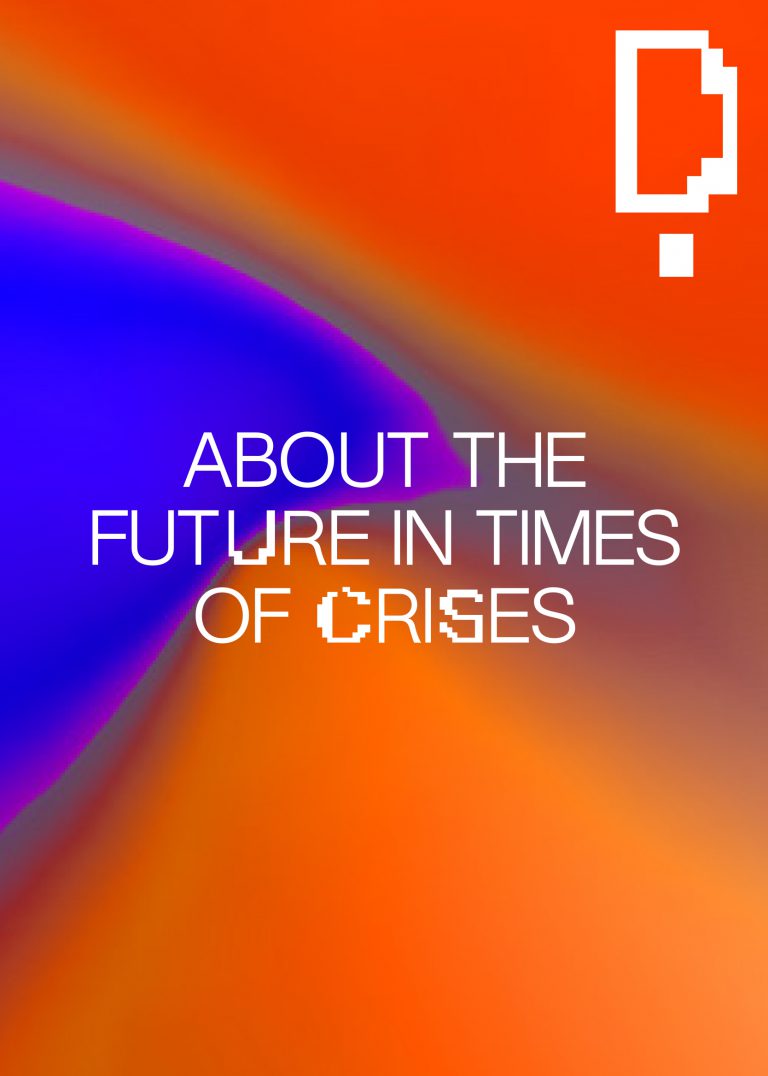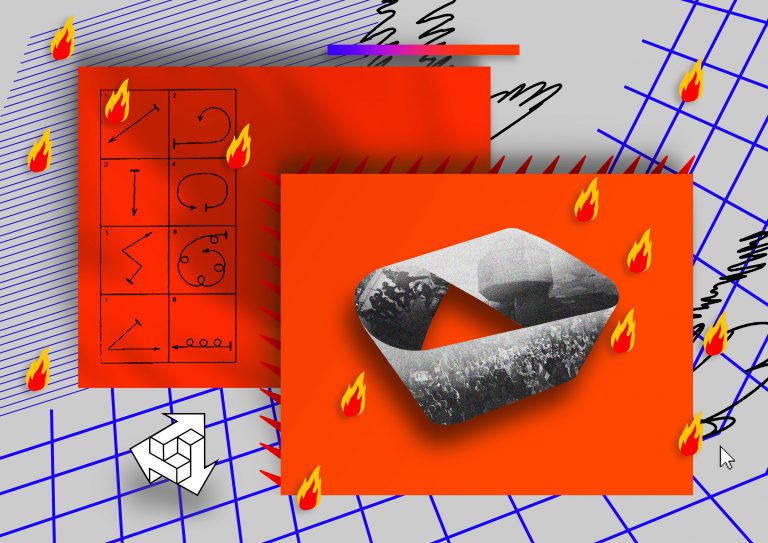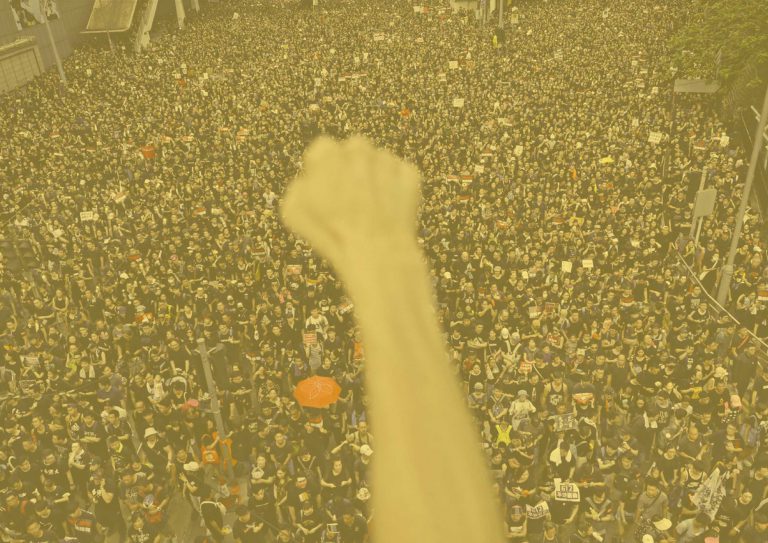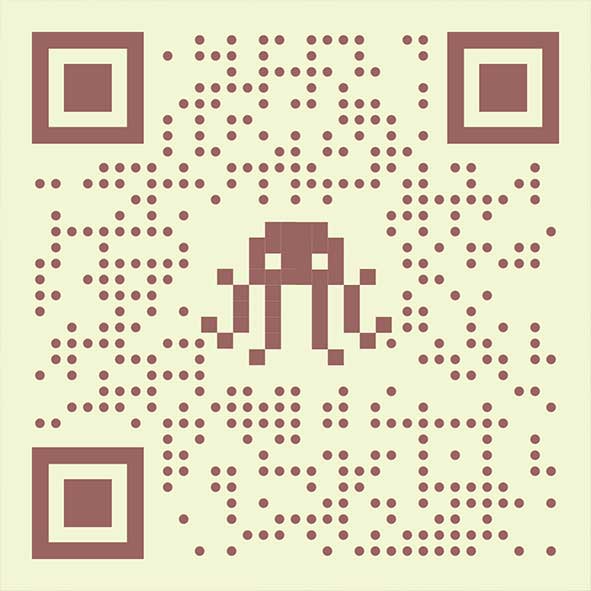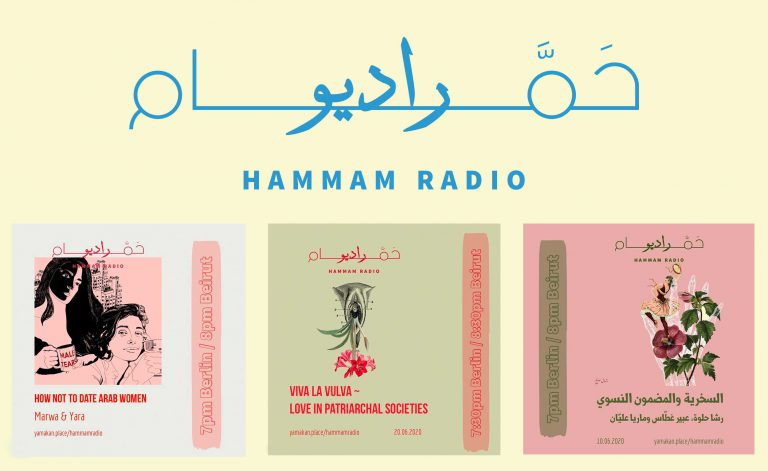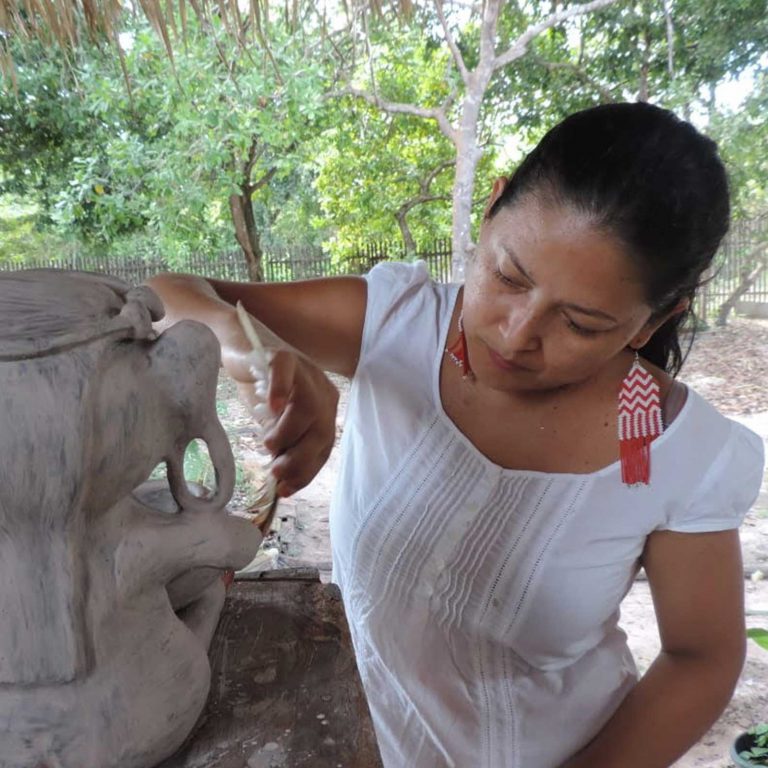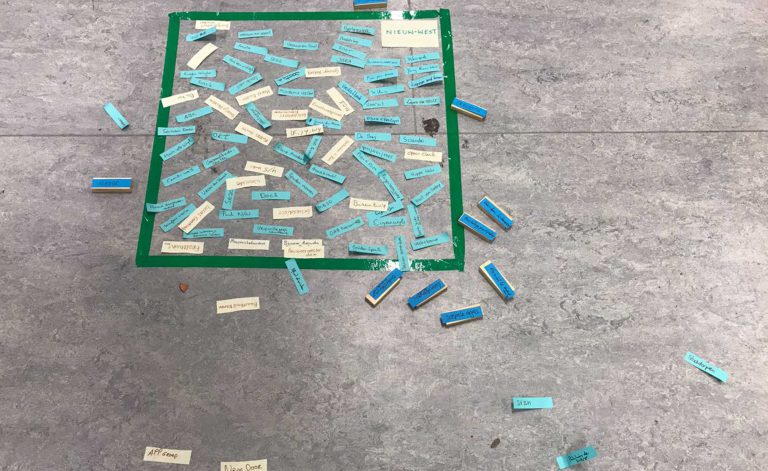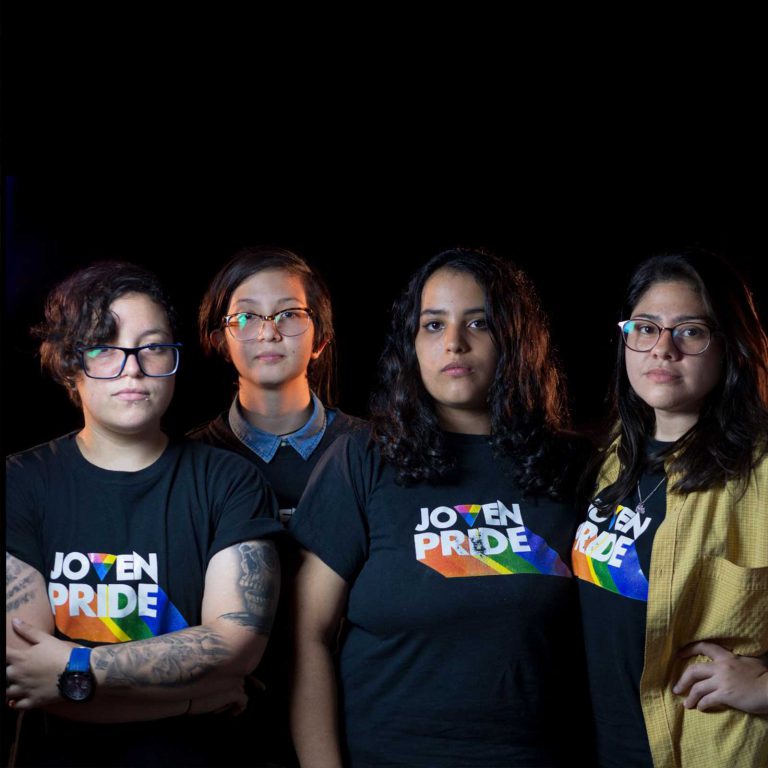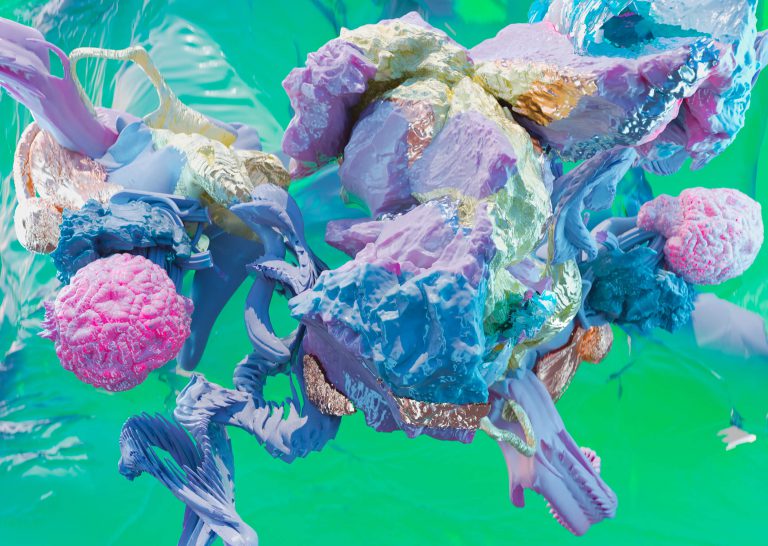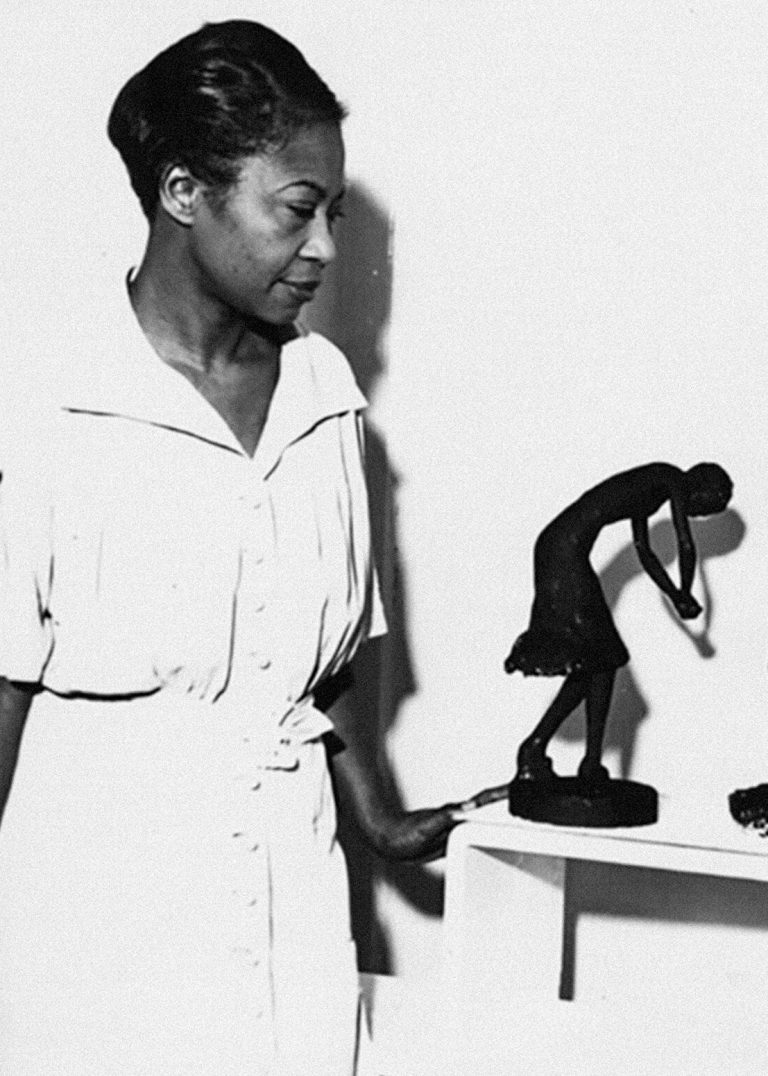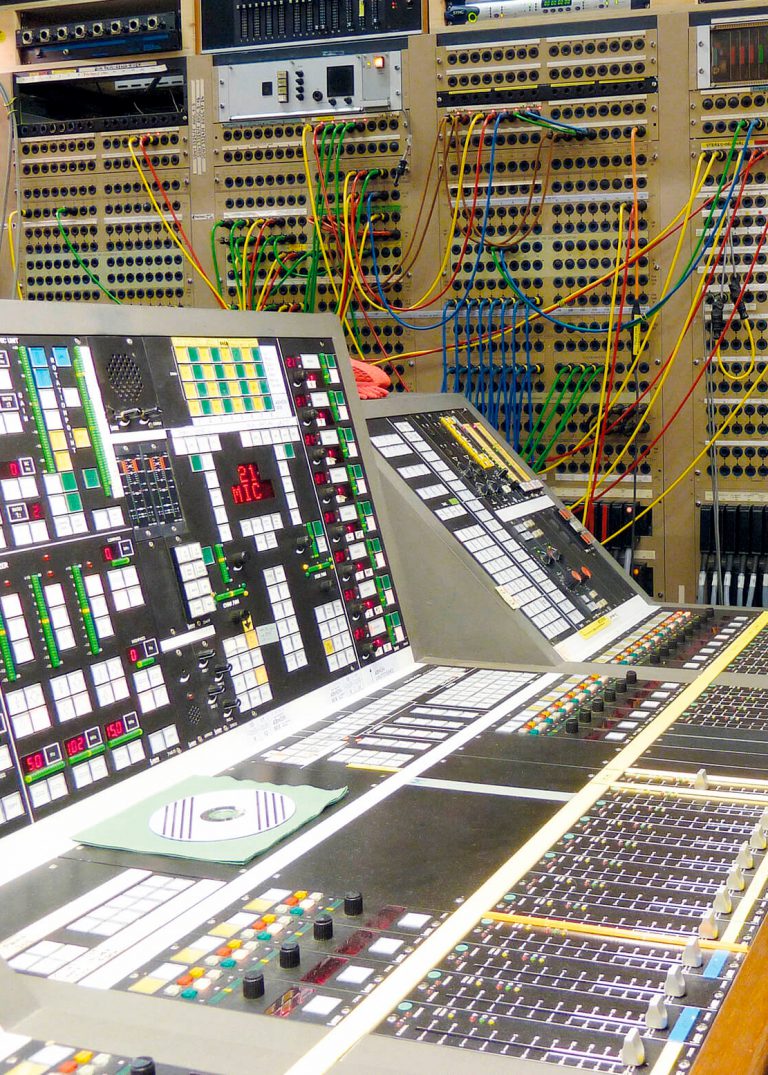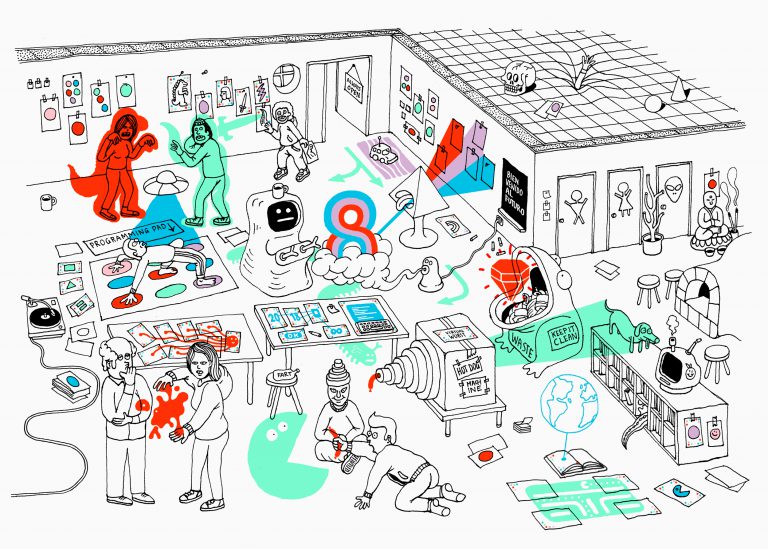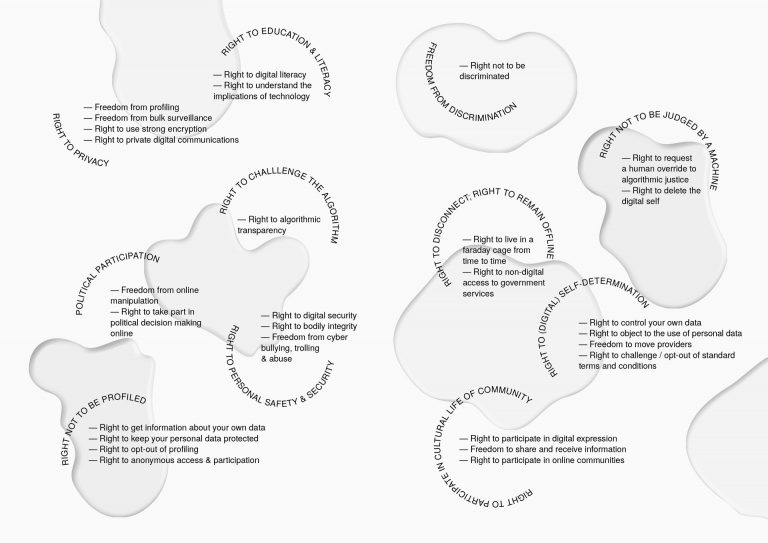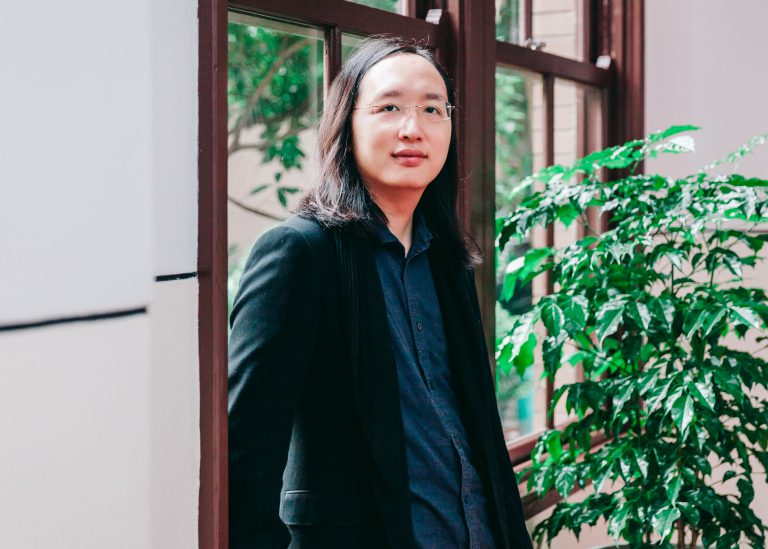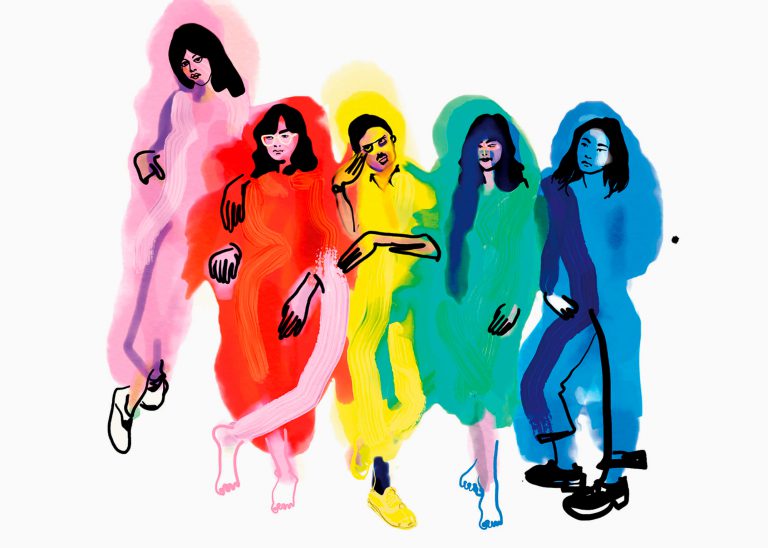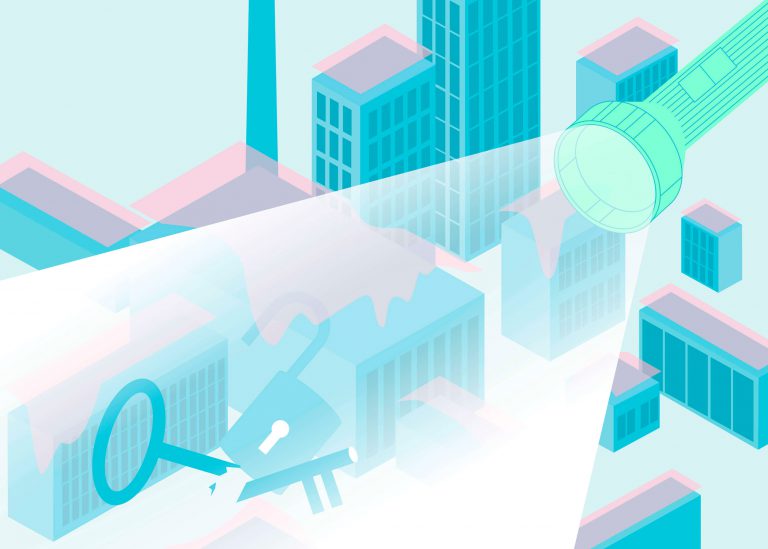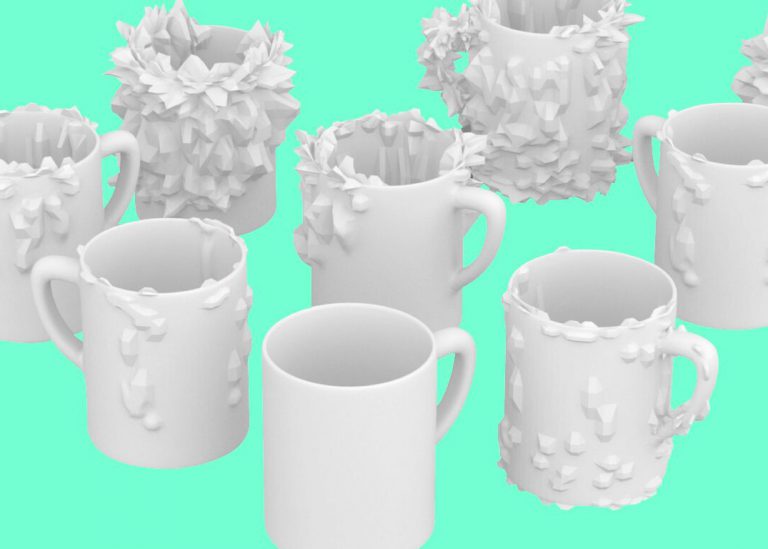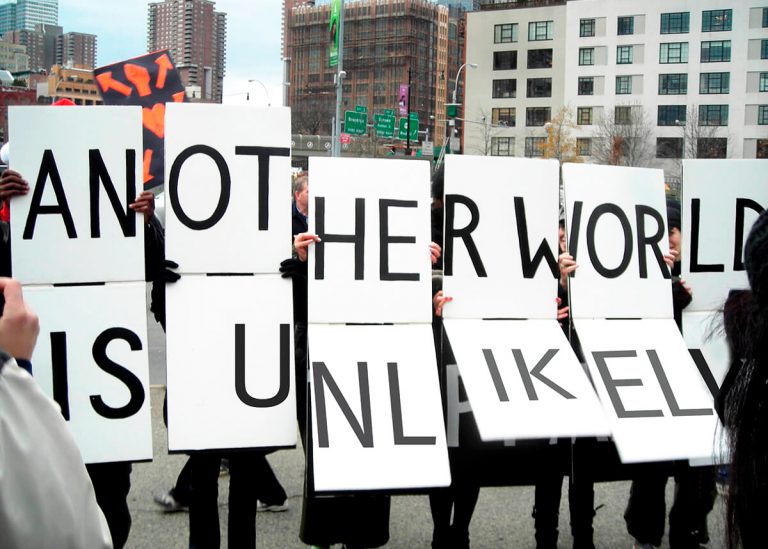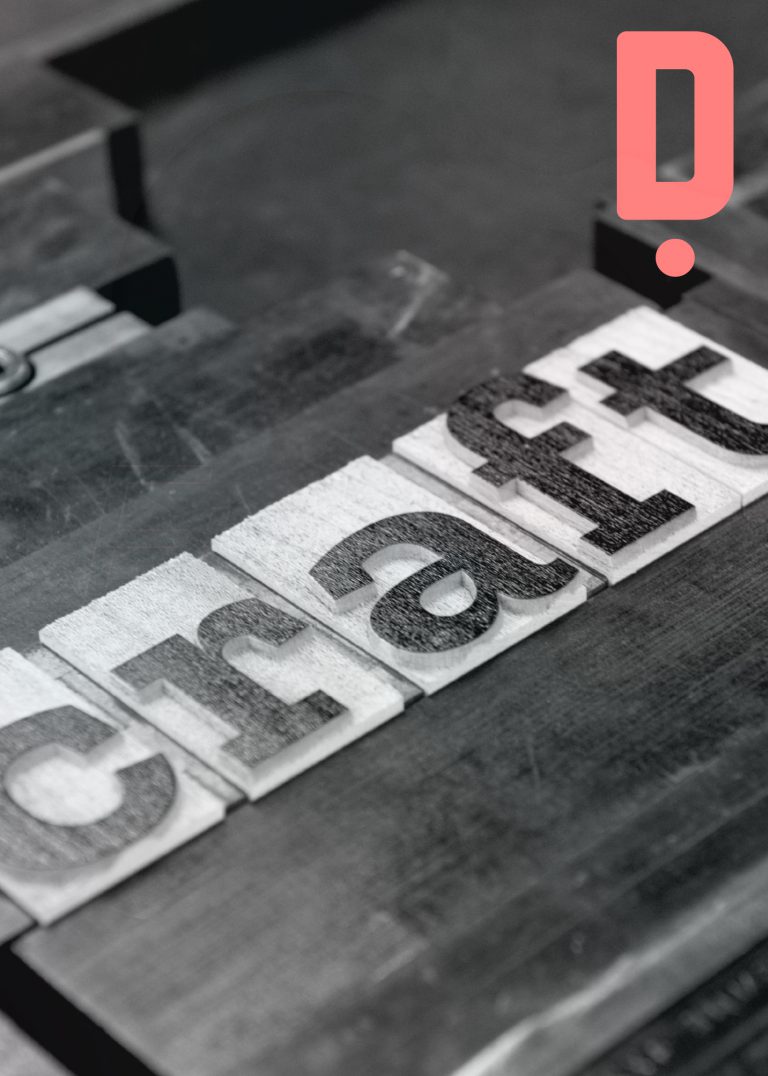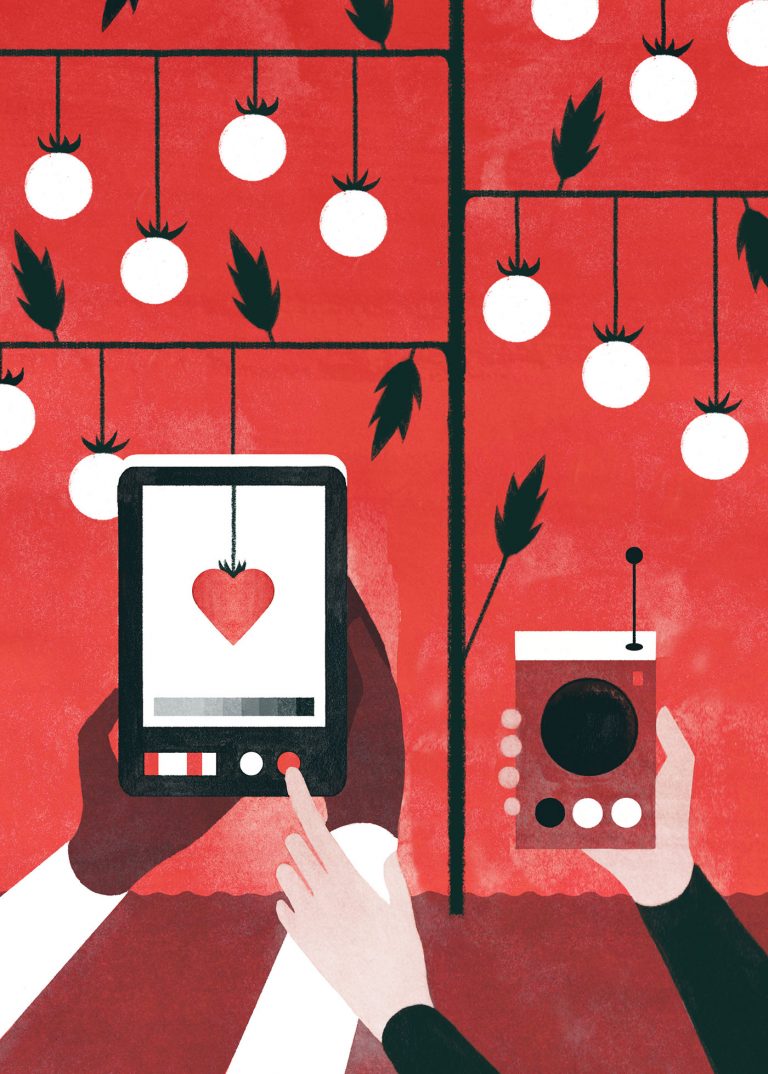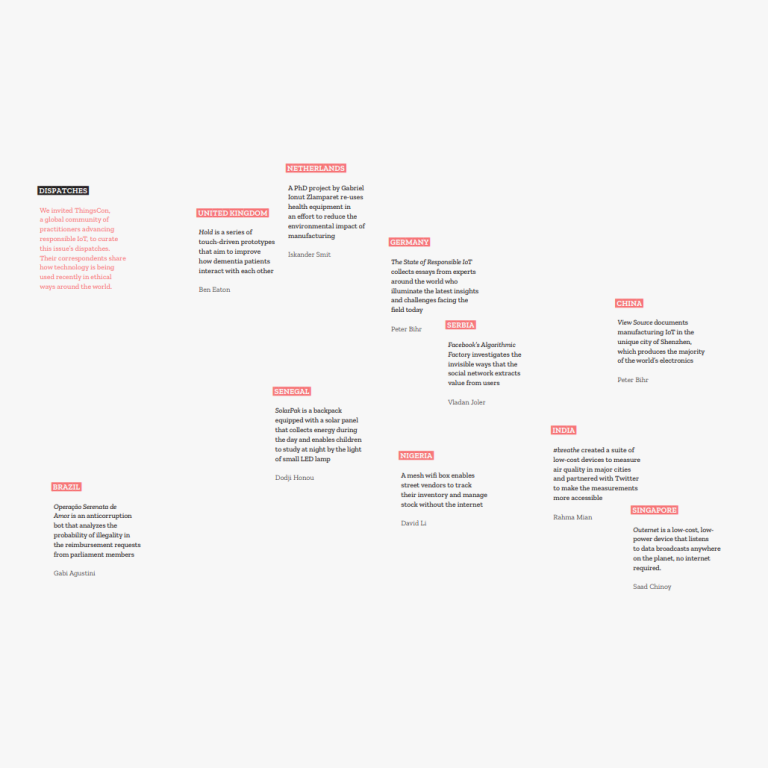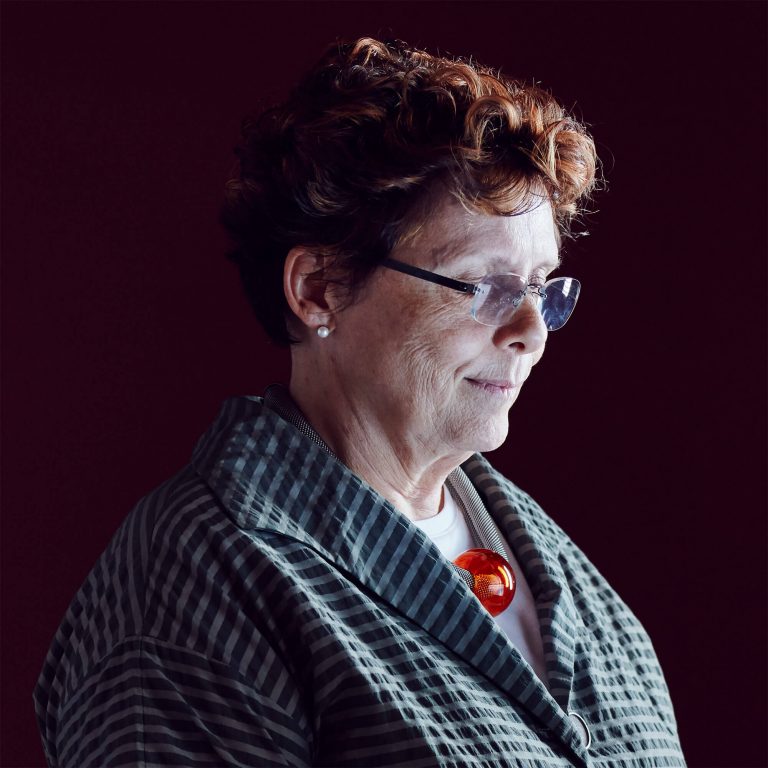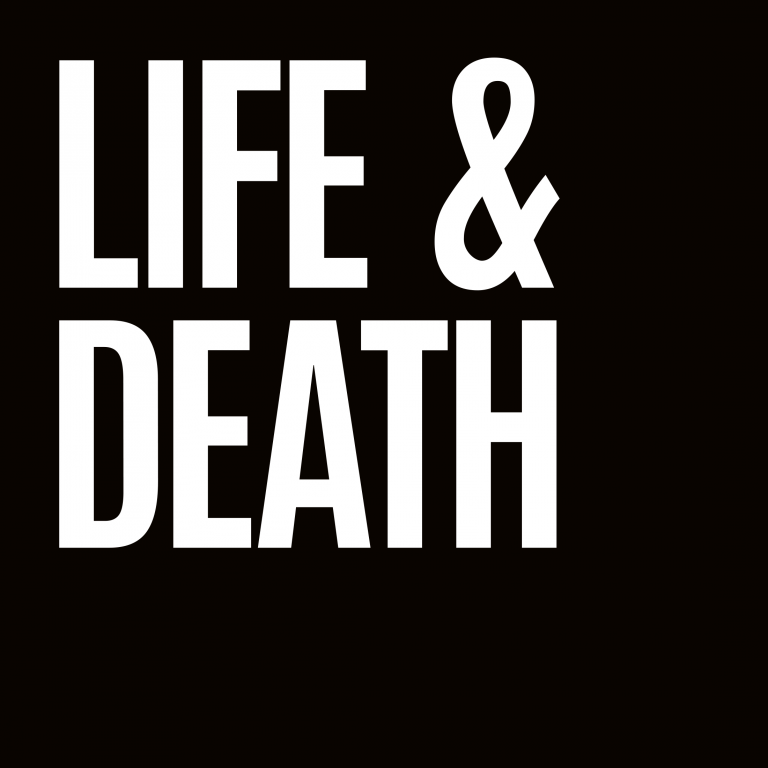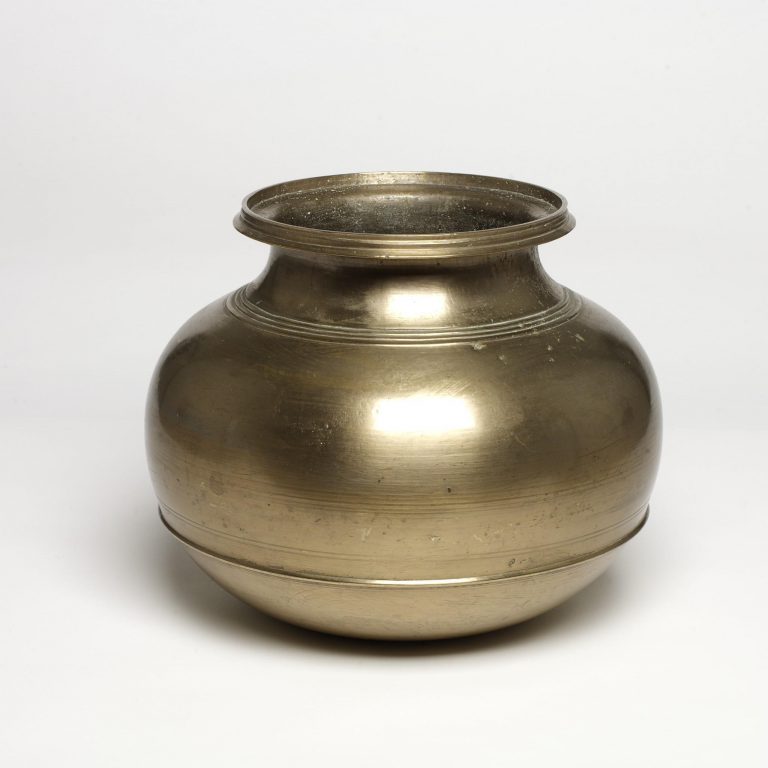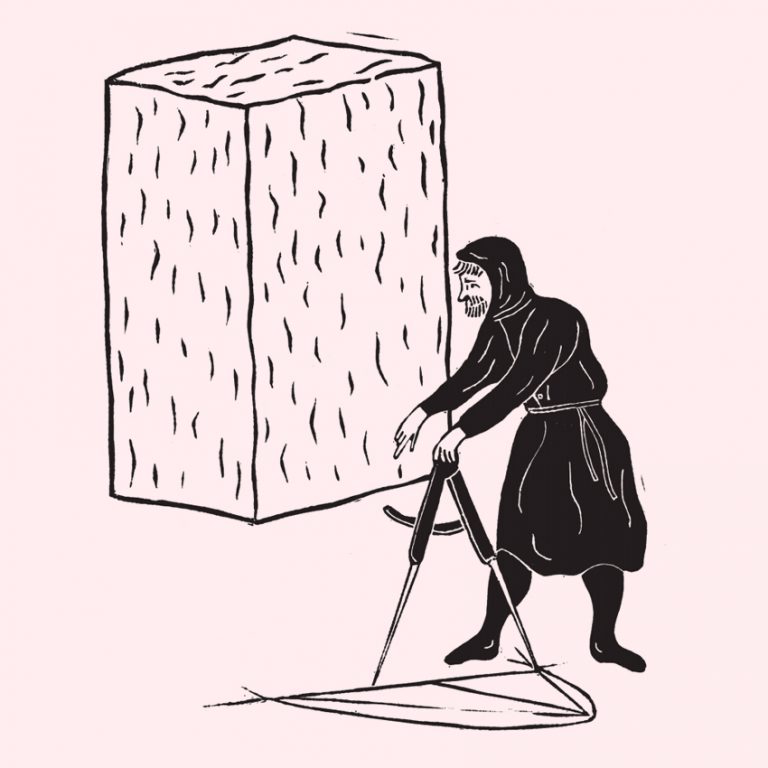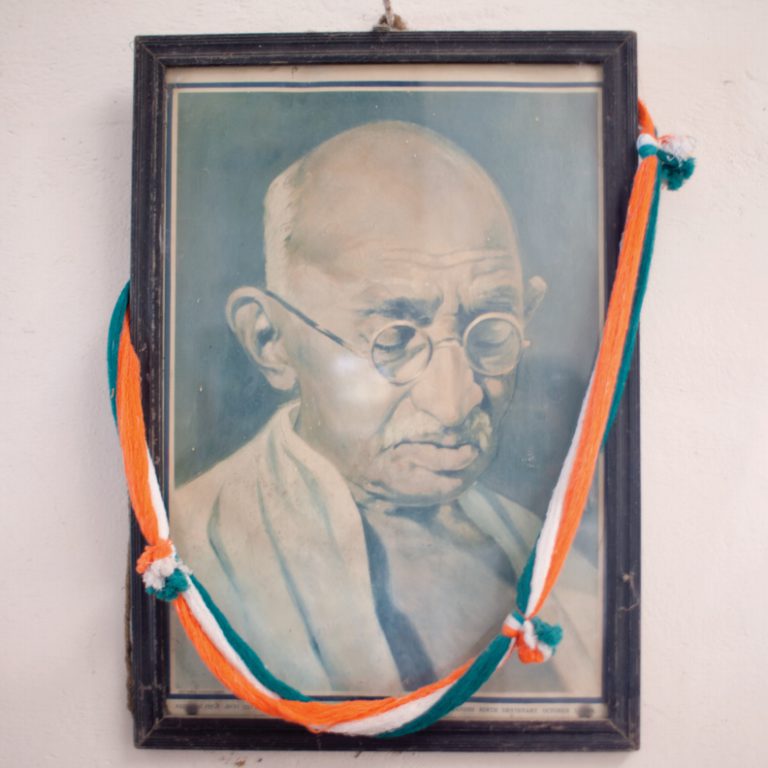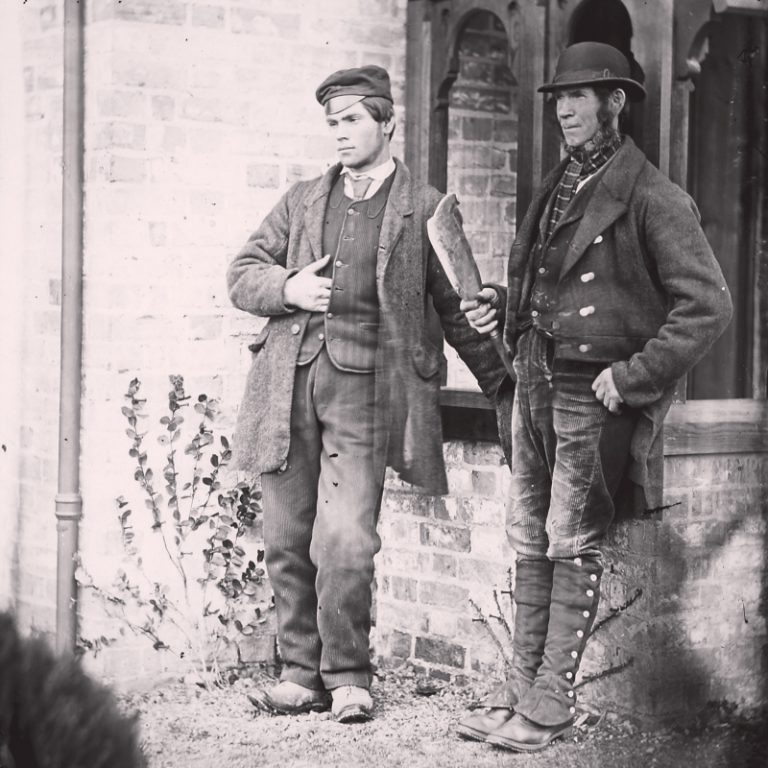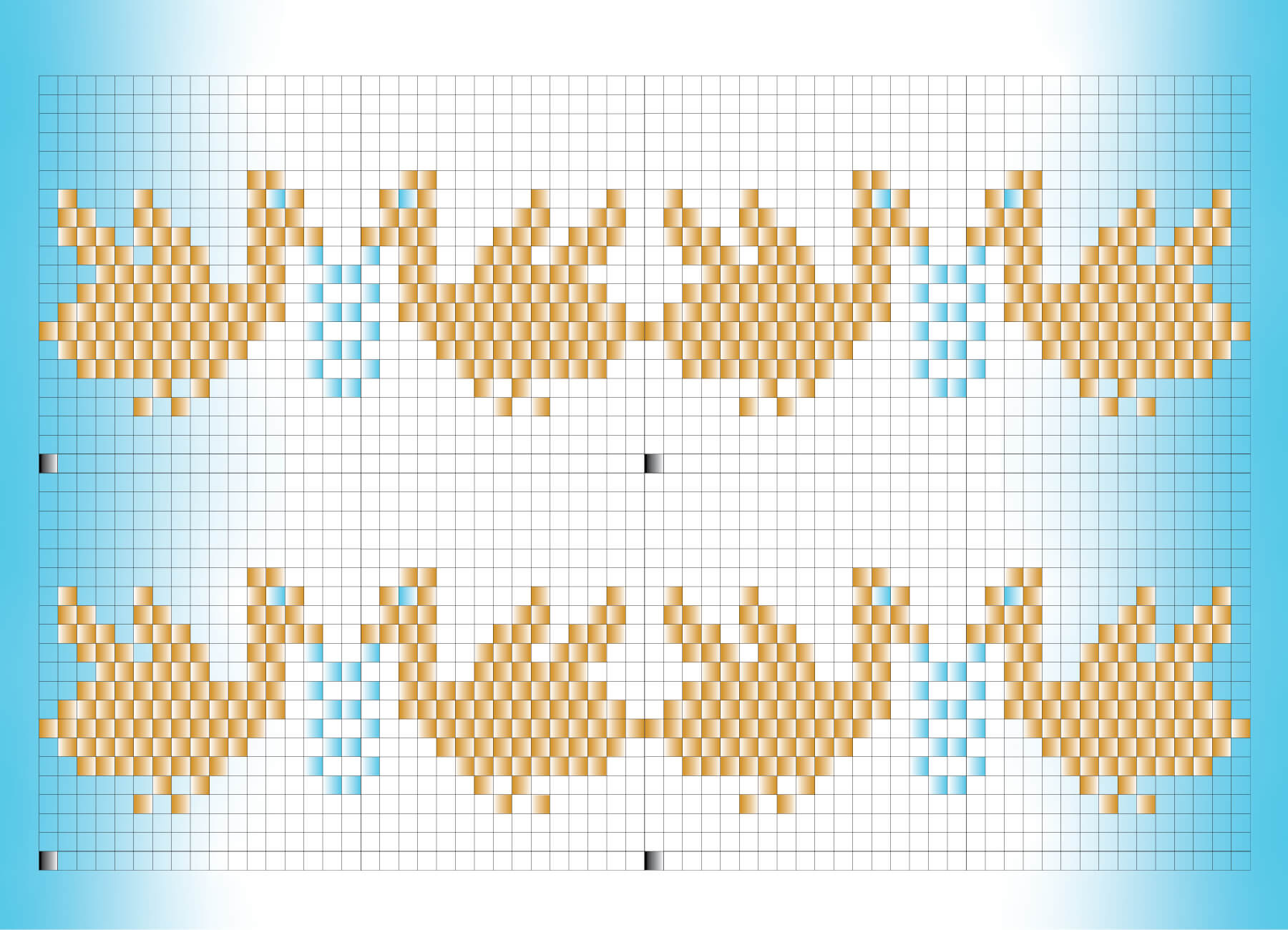
10.04.2025
The earth is humming, and we are vibing to at least one of its pulses. What sounds wildly spiritual is, in fact, scientific and gives “touching grass” another dimension, grounding us as a species in the rest of nature. We humans are nature too, though sometimes we behave like particles in a particle collider, isolated from our normal habitat.
In times of surreal social turmoil such as we are experiencing, with the acceleration of the climate crisis and in the crescendo of capitalism’s death-spasms, this human part of nature detaches from Earth’s great hum, which encompasses all other species and geology, too. This detached beat makes us nauseous as we try to keep up with its tempo, against our bodies, against our psychic harmony. It is like a carpet, a fast-moving subconscious story, survival mode accelerating our routine, day by day – and right now, these story-carpets are melting into each other faster than ever, merging and suffocating each other.
Stories are the beat of our culture. They are the reason why we get up in the morning and follow our daily routines, they are the root of how we evolve around individual and collective norms. Dressing (wearing what, how, for whom?), eating (what, sourced from where, with whom?), cleaning ourselves and putting on make-up (in what order, with what expectations of appearance, with what societal expectations?) and finally, where we invest our energy and labor (with what expectations, for what gain)?
All these things are programmed into us from childhood onwards, and when we step out of their rhythms (gently, like on a camping trip or a spontaneous stay with friends, or in harsher circumstances, like after a natural catastrophe or in war) we can end up questioning what makes us who we are. The thing is, the sum of these activities only makes us who we are from the outside. But what concerns me personally, and our Muslim societies worldwide, is not what we pretend to believe, but who we are from the inside and what we actually believe.
As Muslims, we are meant to believe in the Almighty God, who shapes the world and has given us the shepherd-hood, the khalifah, of this world. Angels and Iblis questioned our aptitude for this task, and if you look at today’s news, you can’t blame them. But Allah expressed faith in us. Do we do that faith justice and live by it? Do we fully grasp what this Amanah given to us literally means?
When we look at our supposedly united ummah, do we act upon it as responsible beings tasked with shepherding the world and treating all living beings upon it as sentient – from animals to plants, to mountains and the sea, to the air and the sky and stars and the earth itself, like it is described by Allah in the Qur’an? They are all living with us, alongside our days, perceiving our actions and beliefs. All will testify for or against us on the Day of Judgement. The Qur’an itself is a manual to guide us through life. Like a metronome, it unites isolated particles to sing and vibrate in time with earth and our fitra, the essence of each human. Our prayers, our fasting, our pilgrimages are like the arms of a clock, showing us the time of day, the year, the life we are given.
Why does all this matter to me? Because our value system is the human heart of our being, and we act upon it. This is why dreaming is reality. Our thoughts and ideas are reality, so it is of the utmost importance that we take precise care of which dreams and hopes we cultivate, and where we source them from.
I see this as a major problem in contemporary Muslim practice. We teach our children the importance of sabr and taslim, which are core values that we direct to Allah, our beloved, most merciful and all-seeing Creator. Yet problems arise when we start bestowing these noble traits of submission, intended for our Creator, on creation itself and the state we find it in. Belief in a final Messiah to save humanity trickled into our values from the Christian and Jewish faiths. One man to represent us all. Awaiting a savior so we could be saved. Us, dimpling in the soup of passivity, while capitalism, climate change, social injustice and the exploitation of mother nature – all man-made epidemics exacerbated by our passive acceptance – are in full swing.
The Messiah-expectation was cast like a shadow into our future, our present now, although it is never even mentioned in the Qur’an. The epidemic of waiting infected different streams of our Muslim community. Believing in the Day of Judgment and the finiteness of this world is paramount for us Muslims, but does this passivity sound like the expectations put on us as khalifas, as shepherds, of this world? Do we have to throw away all the nima given to us by Allah without creating lasting balance and wellbeing for all creation? Aren’t we capable of it? We have the scientific and social knowledge to create better ways of living that would benefit all life on earth. Why do we attribute more power to the forces of evil than to our capacity for justice and balance? How is it we so easily relinquish our power for change?
Most importantly, how will we face Allah when, like foam on the sea, we leave this world without having endowed it with a solid foundation of care, justice and hope for its beings; leaving, instead, all of this to corrupt leaders and big oil companies? And then we call it faith and sabr, when we watch other humans pay the price for our lack of action. For some, apocalypse is happening right now, in parallel with our mundane quests for self-fulfillment.
If we call ourselves Muslim, I believe we are obliged to source our stories about our capabilities and our missions carefully from the Qur’an; not as hearsay narrated to us, recycled a million times as “the Hero’s Journey” of a sole savior, or by delegating our responsibility to a doomsday-Messiah. We are our own saviors. We can find our way back to our fitra and live in harmony with creation.
Dream the life meant for all. Though you might not eat from the fruit of its tree, plant the seed in your hand, as our Prophet Mohamed, peace be upon him, said. Allah has put faith in us; let’s not waste this precious generosity and embarrass ourselves in front of the angels questioning our adequacy to govern this dunya. Let’s listen to the hum of our hearts and keep time with the pulse of our home planet to become versions of ourselves drawn directly from our main source. Bismillah!
